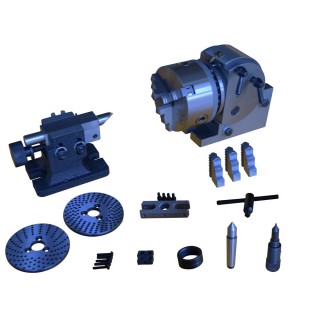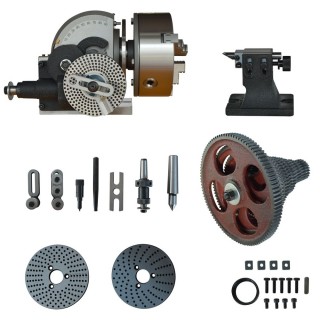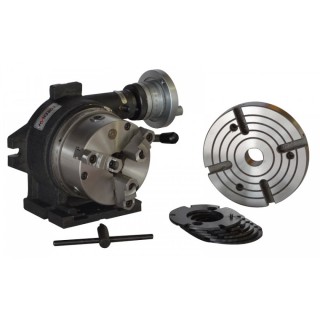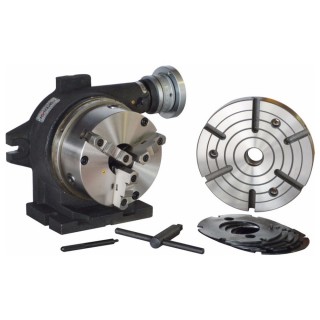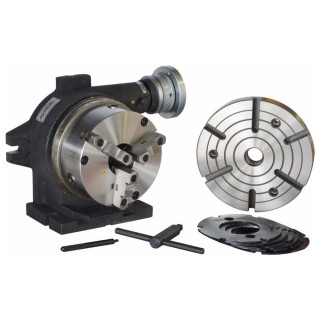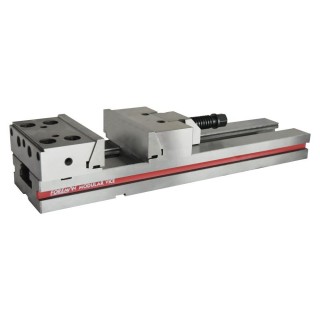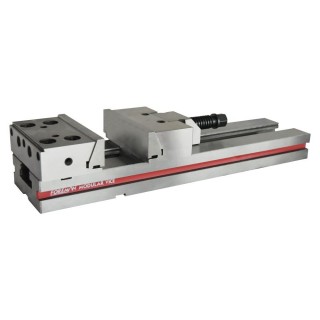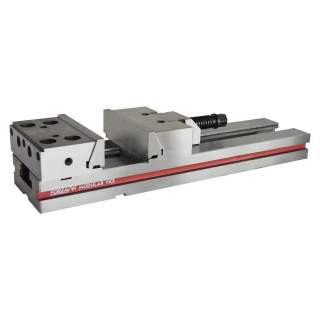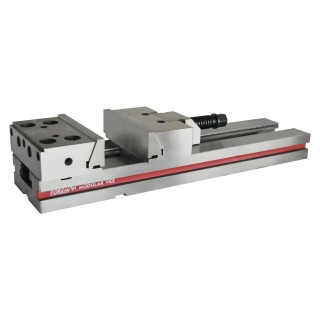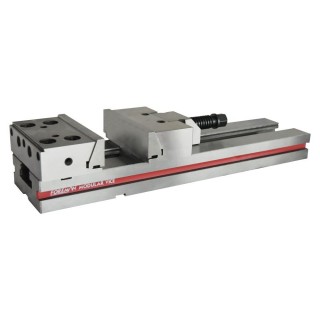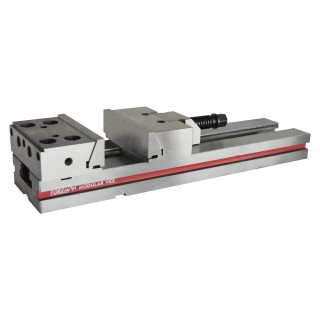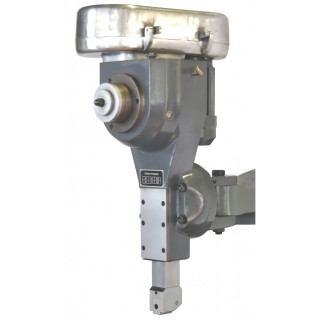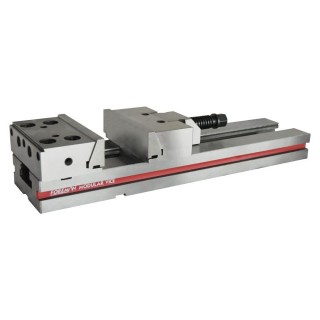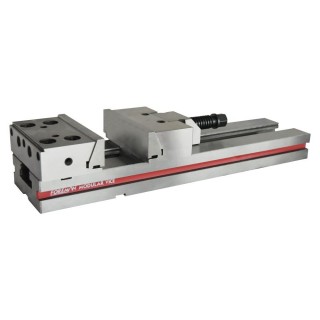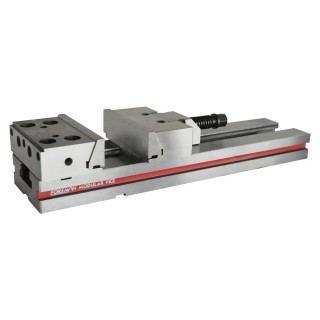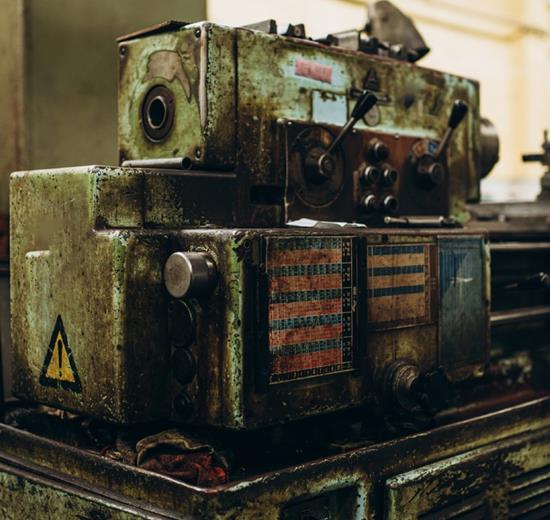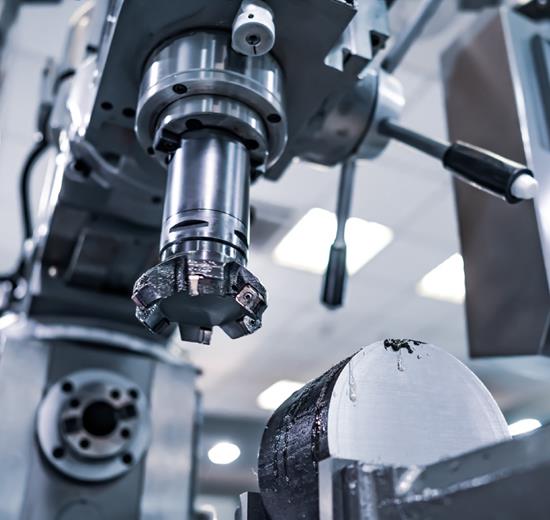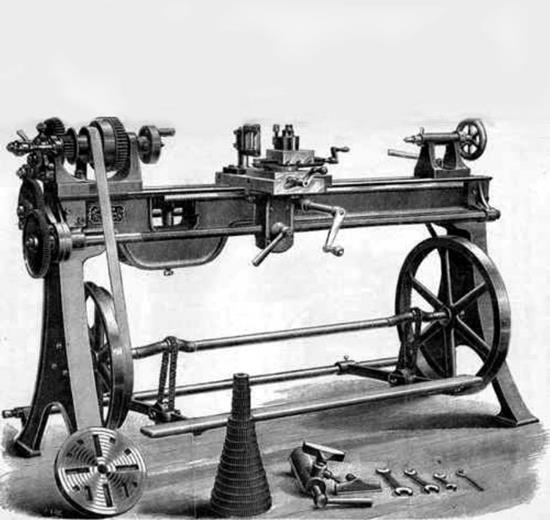150 mm Jaw Width
200 mm Jaw Maximum Opening
Ground High Precision Slide
Interchangeable Shoes
150 mm Jaw Width
300 mm Jaw Maximum Opening
Ground High Precision Slide
Interchangeable Shoes
175 mm Jaw Width
200 mm Jaw Maximum Opening
Ground High Precision Slide
Interchangeable Shoes
175 mm Jaw Width
300 mm Jaw Maximum Opening
Ground High Precision Slide
Interchangeable Shoes
200 mm Jaw Width
400 mm Jaw Maximum Opening
Ground High Precision Slide
Interchangeable Shoes
200 mm Jaw Width
500 mm Jaw Maximum Opening
Ground High Precision Slide
Interchangeable Shoes
200 mm Jaw Width
600 mm Jaw Maximum Opening
Ground High Precision Slide
Interchangeable Shoes
300 mm Jaw Width
600 mm Jaw Maximum Opening
Ground High Precision Slide
Interchangeable Shoes
300 mm Jaw Width
500 mm Jaw Maximum Opening
Ground High Precision Slide
Interchangeable Shoes
SIK SORULAN SORULAR
Precision steel vice is a type of vise designed for precision metalworking operations. It is a vice that provides stability during milling, drilling, grinding and other precision machining operations by holding the workpieces tightly. It is frequently preferred in jobs requiring high precision and durability.
Foreman precision steel vices are available in various sizes and capacities. It is classified according to 200 mm, 300 mm, 400 mm, 500 mm and 600 mm jaw opening.
Precision steel vice; It is used in various fields such as machine shops, mould production, milling machines, drill benches, grinding machines, electronic assembly and repair.
Precision steel vises have several advantages.
High Precision: It holds workpieces with minimal movement, which makes it possible to work with small tolerances.
Durability: Since it is made of steel, it can be used for a long time without deteriorating even under heavy loads.
Stability: Securely fixes workpieces so they do not move during machining.
Ease of Adjustment: With precision adjustment screws or levers, the workpiece can be easily tightened and loosened.
Various Sizes: Comes in different sizes, providing flexibility for machining different workpieces.
Fixed and Movable Jaws: One jaw is fixed and the other is movable, which allows for secure clamping of the workpiece.
Smooth Surfaces: The jaws usually have smooth surfaces to prevent damage to the workpiece.
Long Life: Thanks to the use of quality steel material, it has a long life and is resistant to abrasion.
Wide Area of Use: It can be used in various processing machines (milling, drilling, grinding, etc.) and in different industries.
Reliability: It provides a safe and reliable processing environment by holding the workpiece firmly.
Vise Assembly: The vice must be securely mounted on the workbench to be used (milling, drilling, grinding, etc.). The base of the vice must fit perfectly on the surface of the workbench and be securely fixed.
Opening the Jaws: Open the fixed and movable jaws of the vice according to the size of the workpiece. This is usually done with the help of a screw or lever on the side of the vise.
Inserting the Workpiece: Place the workpiece between the jaws of the vise.
Make sure that the workpiece is positioned evenly and horizontally.
Tightening the Jaws: Clamp the movable jaw by pushing the workpiece against the stationary jaw.
Tighten the jaws slowly and carefully using the fine adjustment screws or lever.
Make sure the workpiece is held firmly and steadily.
Check and Adjust: Make sure that the workpiece is in the correct position and that the jaws are tight enough. If necessary, readjust the tightness and position of the jaws with the fine adjustment screws.
Machining Preparation: After making sure that the vice is correctly adjusted and the workpiece is firmly fixed, you can start machining operations.
Safety: Make sure that the vise is held firmly to prevent the workpiece from slipping or moving during machining operations.
Maintenance: Clean and maintain the vise regularly to ensure proper operation.
These steps will help you set up your precision steel vise correctly and safely.
Cleaning and maintaining the precision steel vise is important to ensure its long life and efficient operation.
Cleaning
Safety Precautions: The workpiece and all moving parts of the vise must be stopped and switched off during the cleaning operation.
Remove Visible Dirt: Remove chips, dust and other dirt from the vise surface with a soft brush or air blow gun.
Remove Oil and Grease Residue: Use a suitable solvent or cleaner to remove oil and grease residue from the vise surface. Wipe with a cleaning cloth or soft sponge.
Cleaning the Jaws: Carefully clean between the jaws of the vice. Check and clean this area regularly to prevent chips and dirt from entering the jaw mechanism.
Care
Regular Checks: Check all parts of the vise regularly. Replace worn or damaged parts in time.
Lubrication: Lubricate the moving parts of the vise regularly. This ensures smooth movement of the jaws and trouble-free operation of the screw mechanisms.
Use the manufacturer's recommended lubricants for lubrication.
Inspection of Fixed Parts: Check the mounting of the vise to the bench and the attachment points of the fixed parts. Tighten loosened screws.
Rust Prevention: Vise steel must be protected against rust. You can prevent the vise from rusting by using anti-rust sprays or oils.
Avoid Overloading: Avoid loads that exceed the capacity of the vise. Excessive pressure may cause deformation or damage to the vise.
General Recommendations
User Manual: Carefully read and follow the operation and maintenance manual provided by the manufacturer of your vise.
Environmental Conditions: Ensure that the environment in which the vise is located is clean and dry. Damp environments can cause rust and corrosion.
Regular Cleaning and Maintenance: Clean and maintain your vise at regular intervals. This will extend the life of your vise and ensure efficient operation.
By following these steps, you can keep your precision steel vises clean and well maintained.
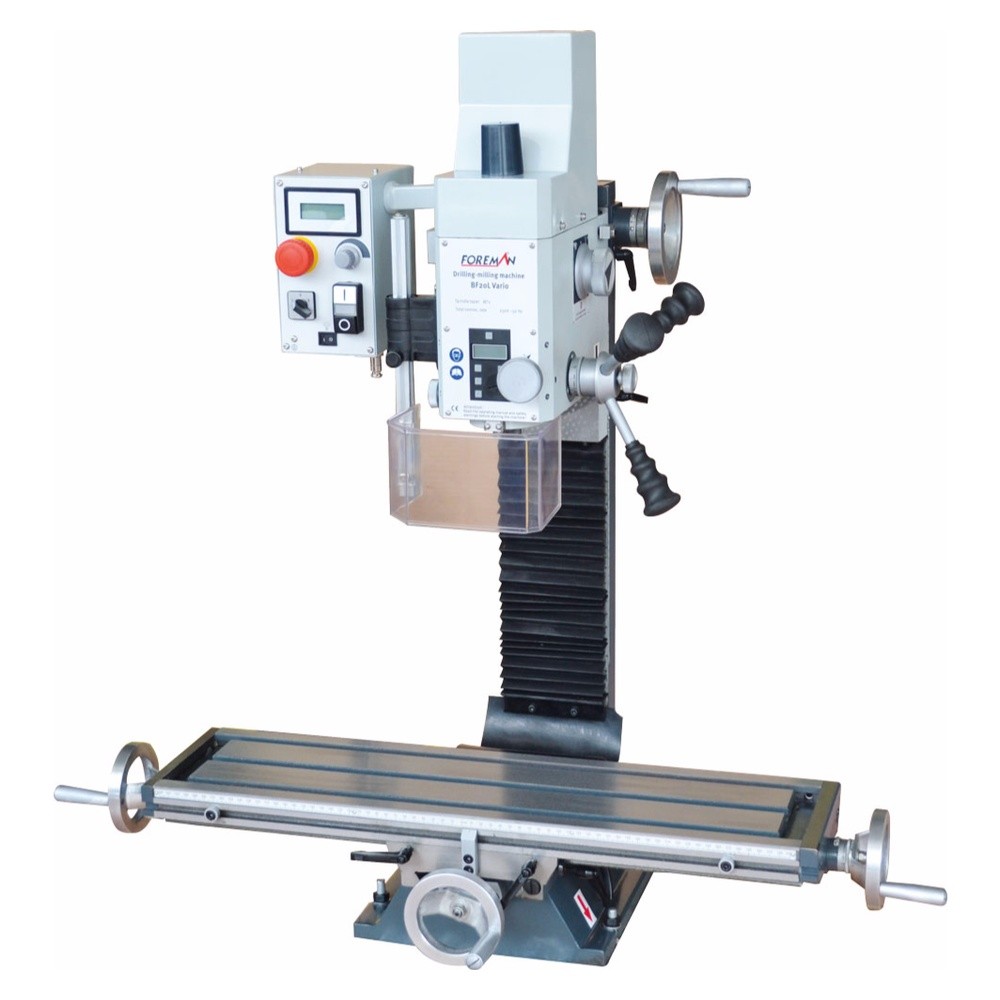
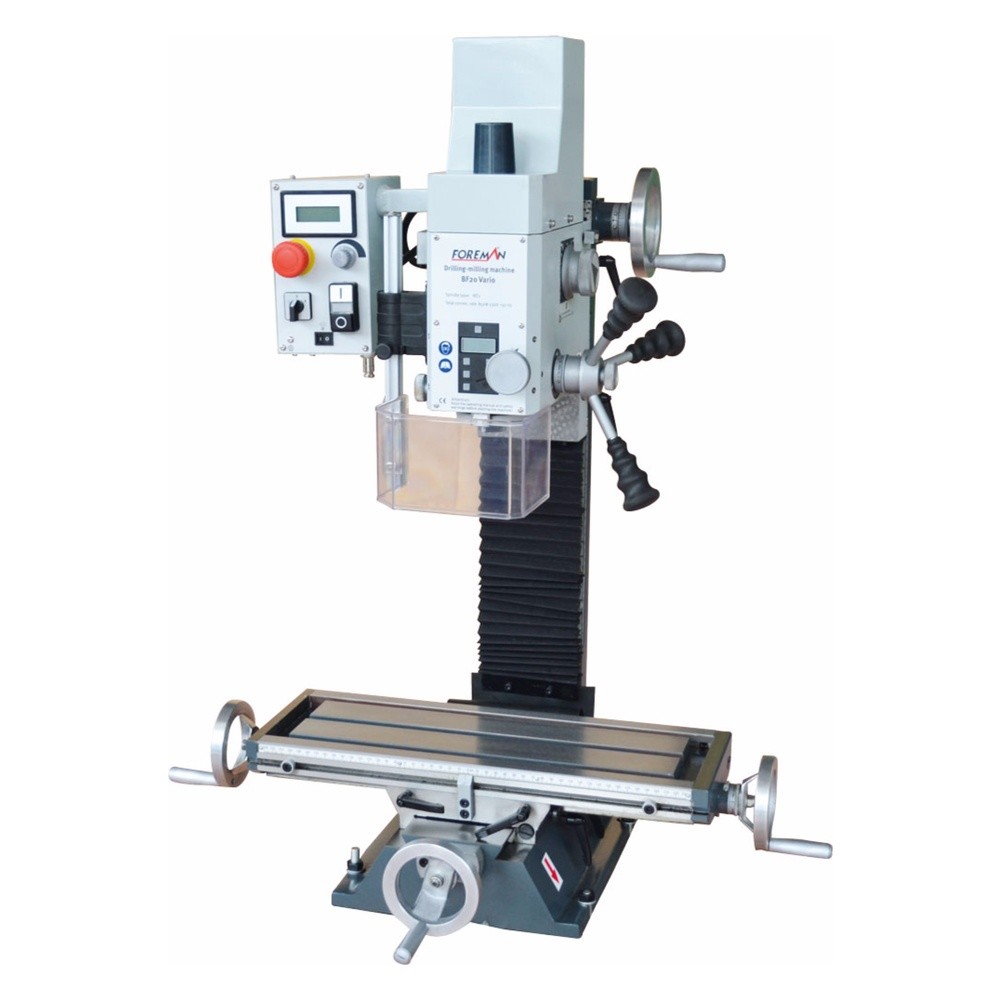
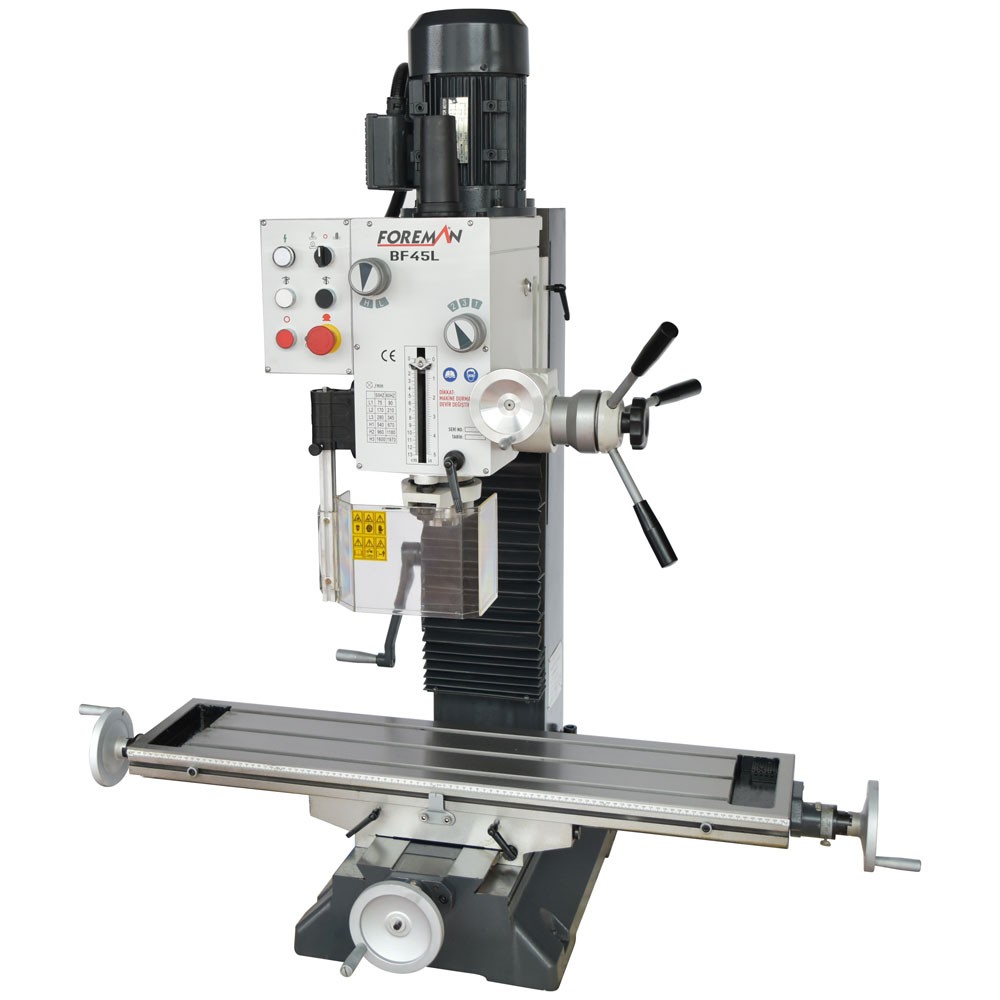
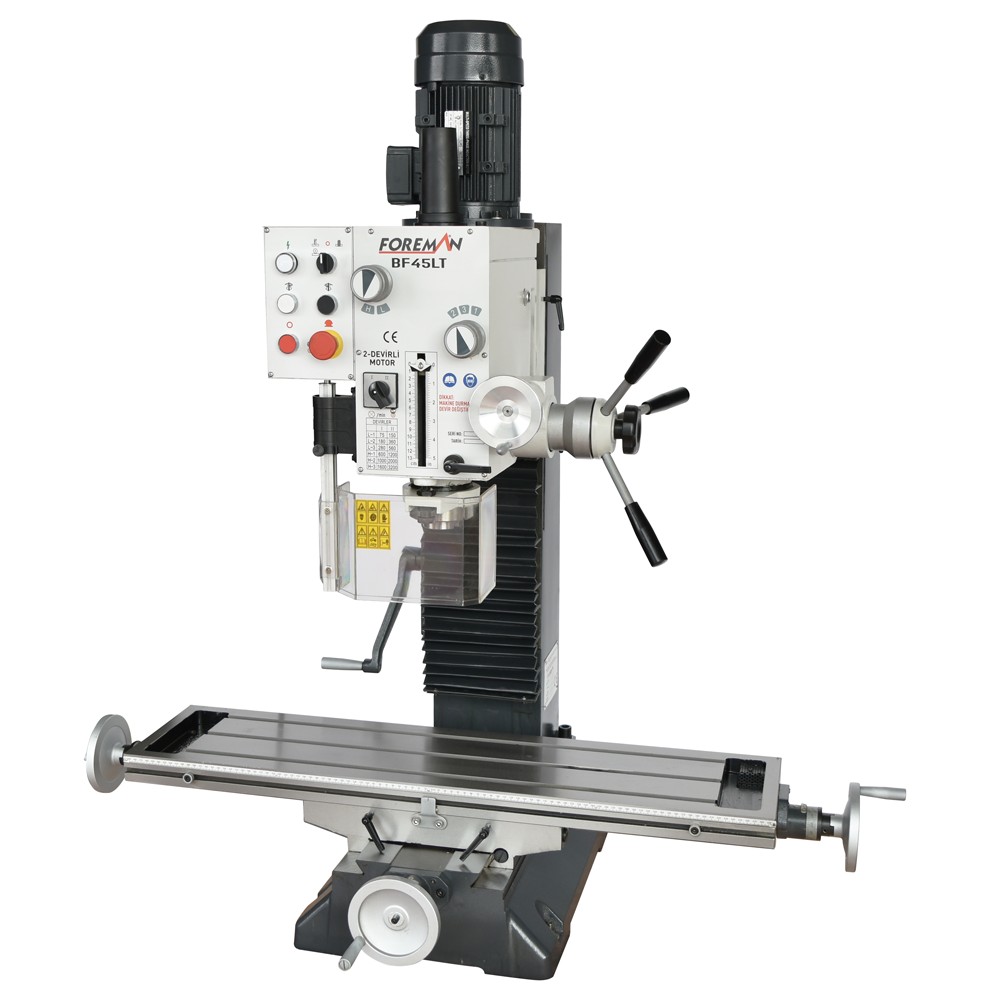
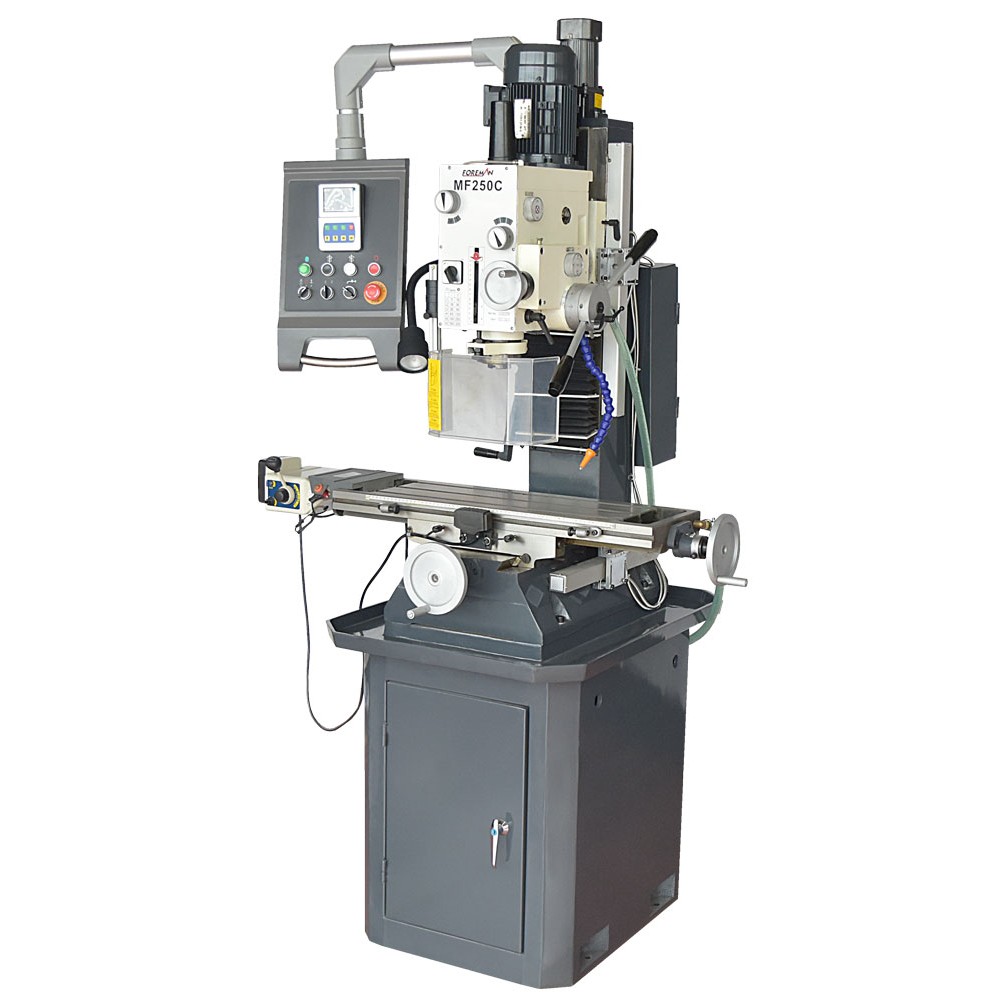
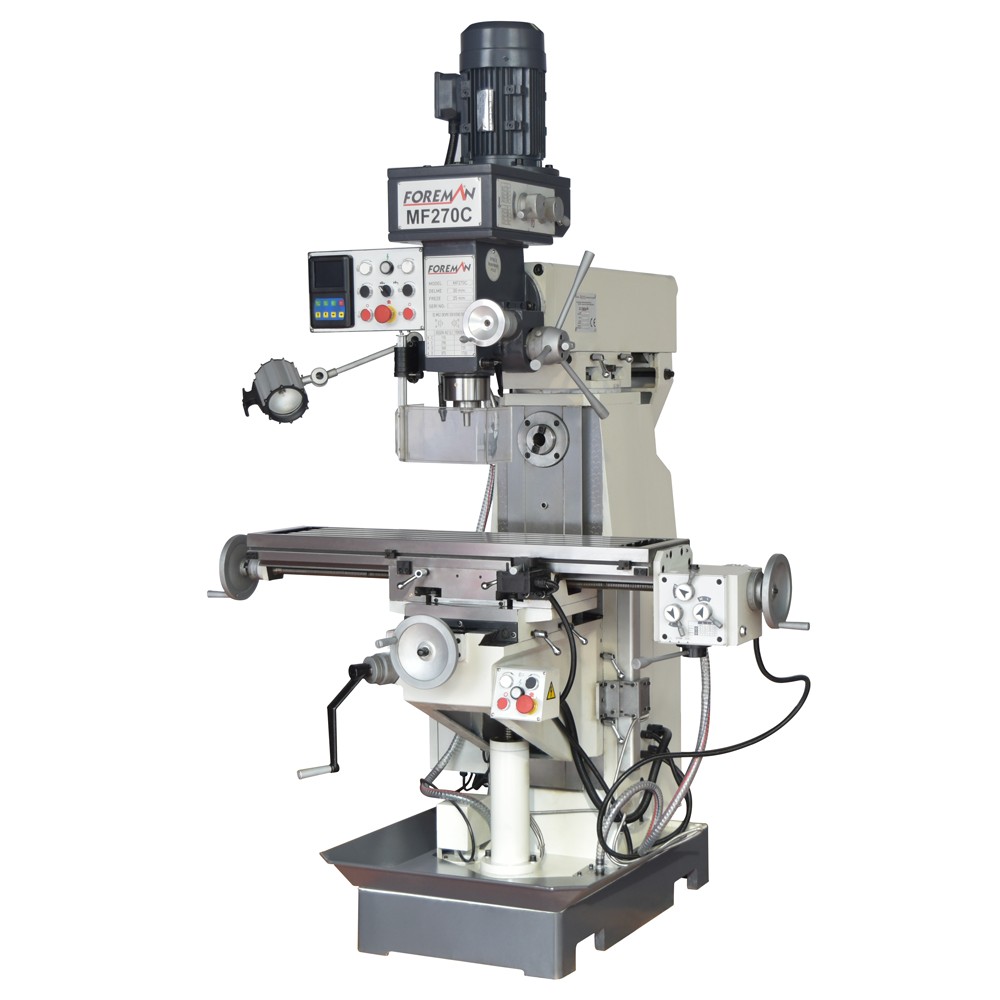
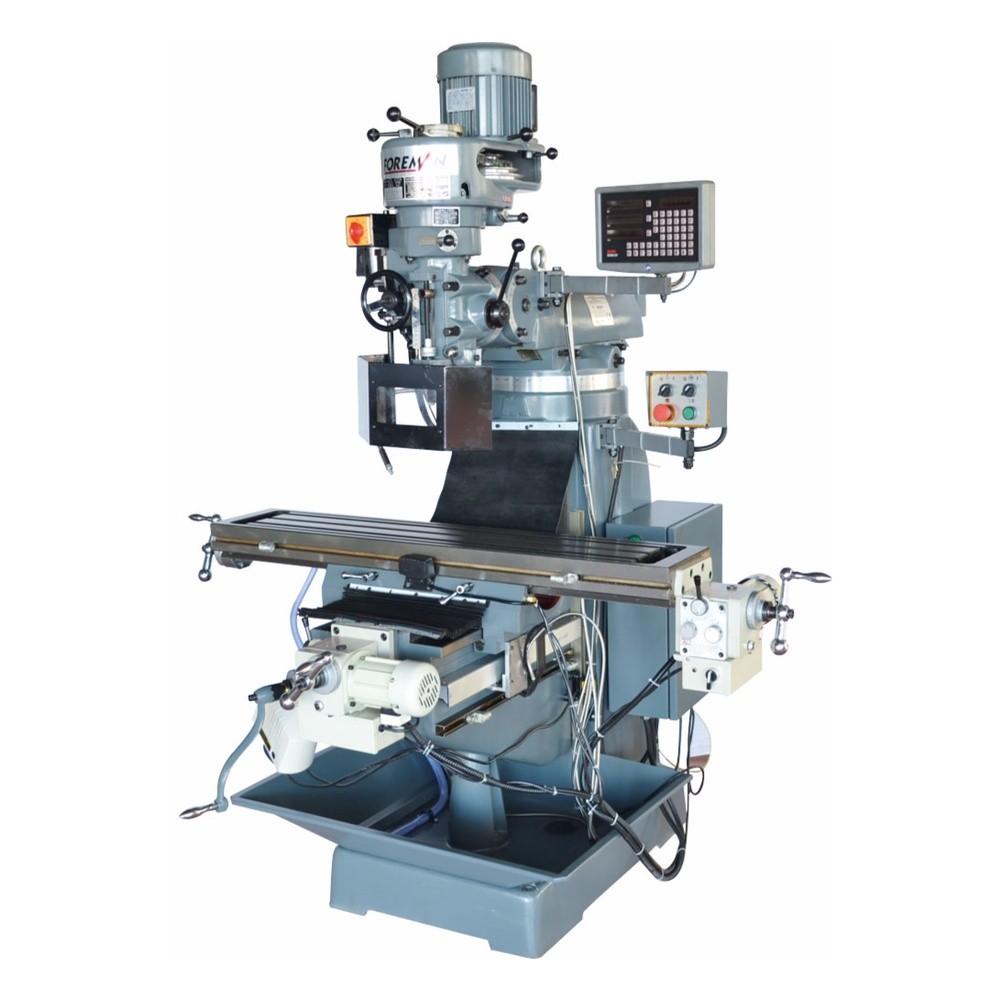
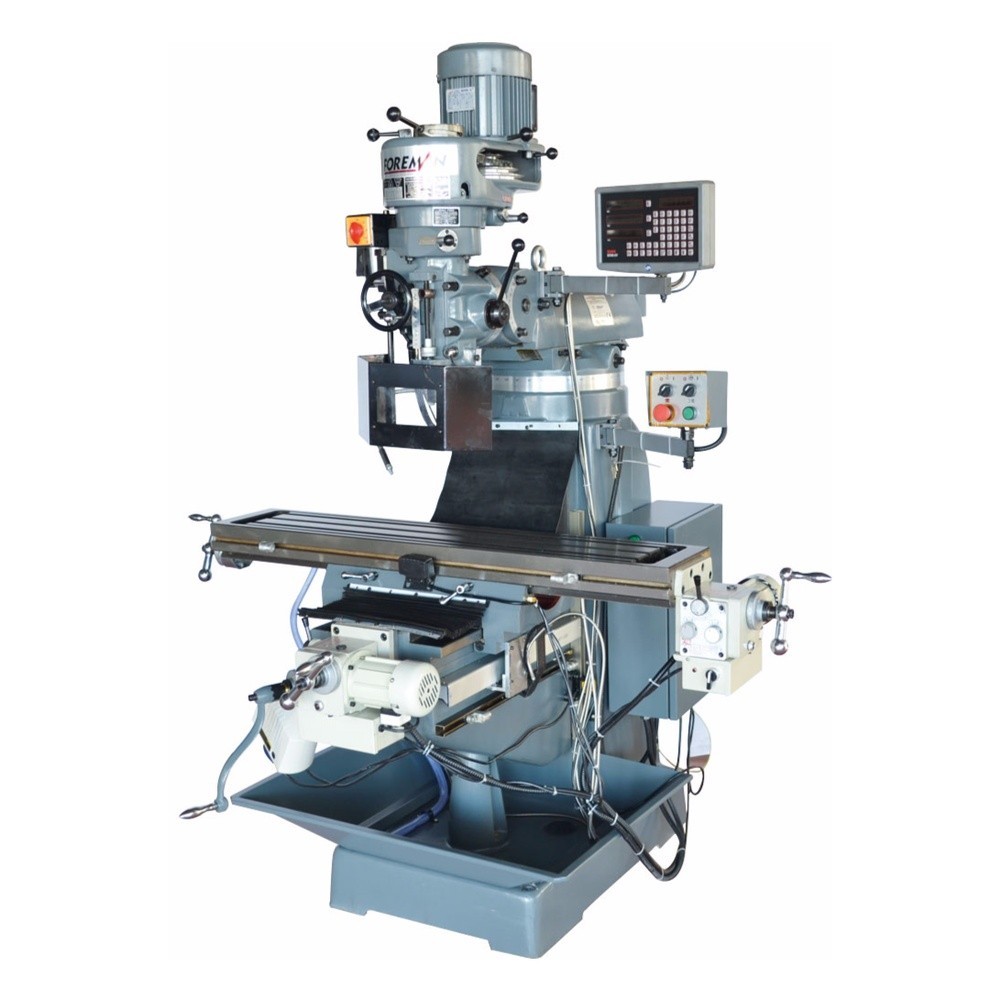
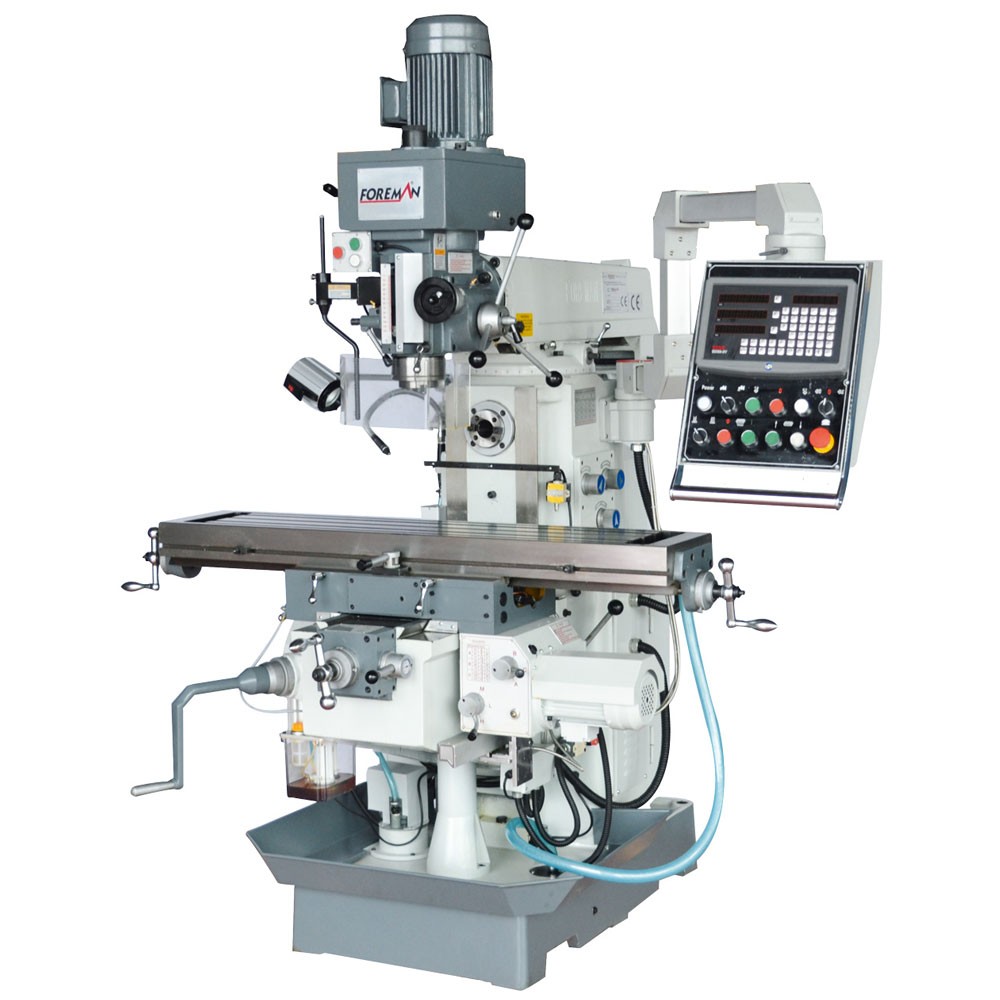
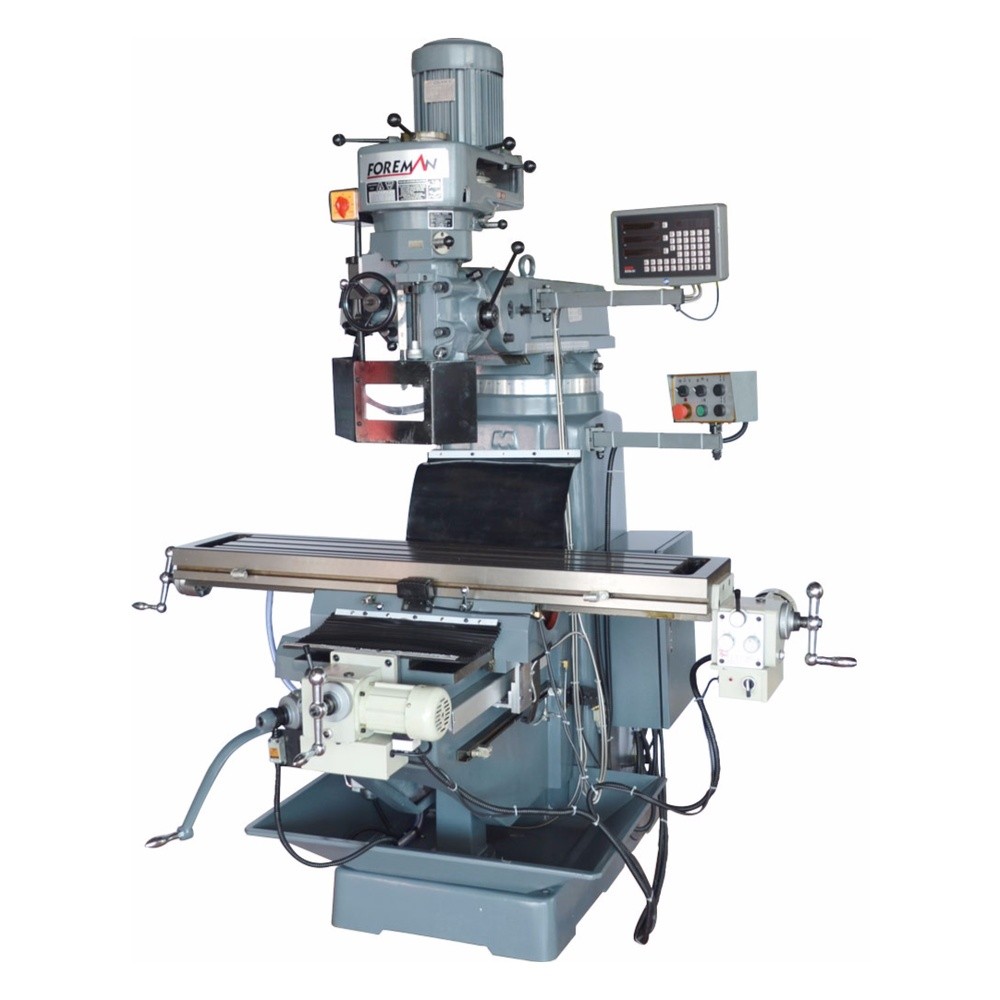
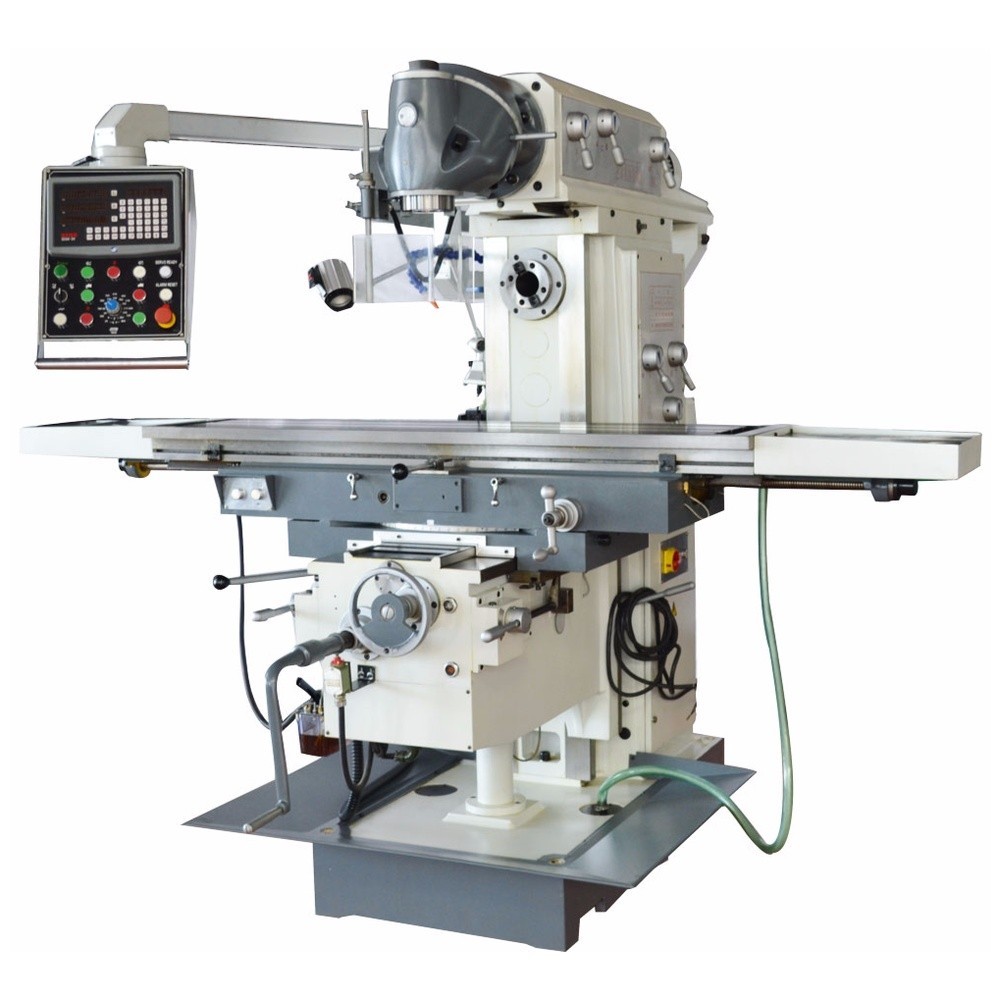
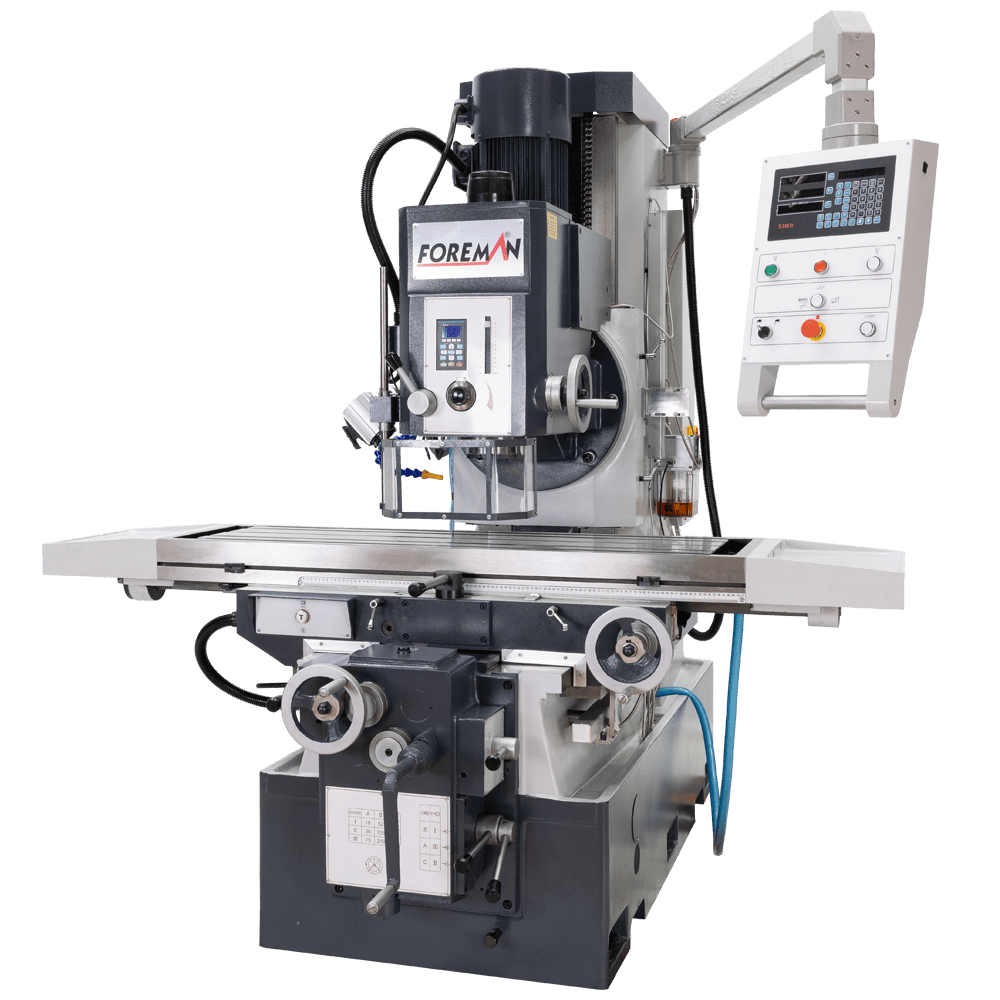
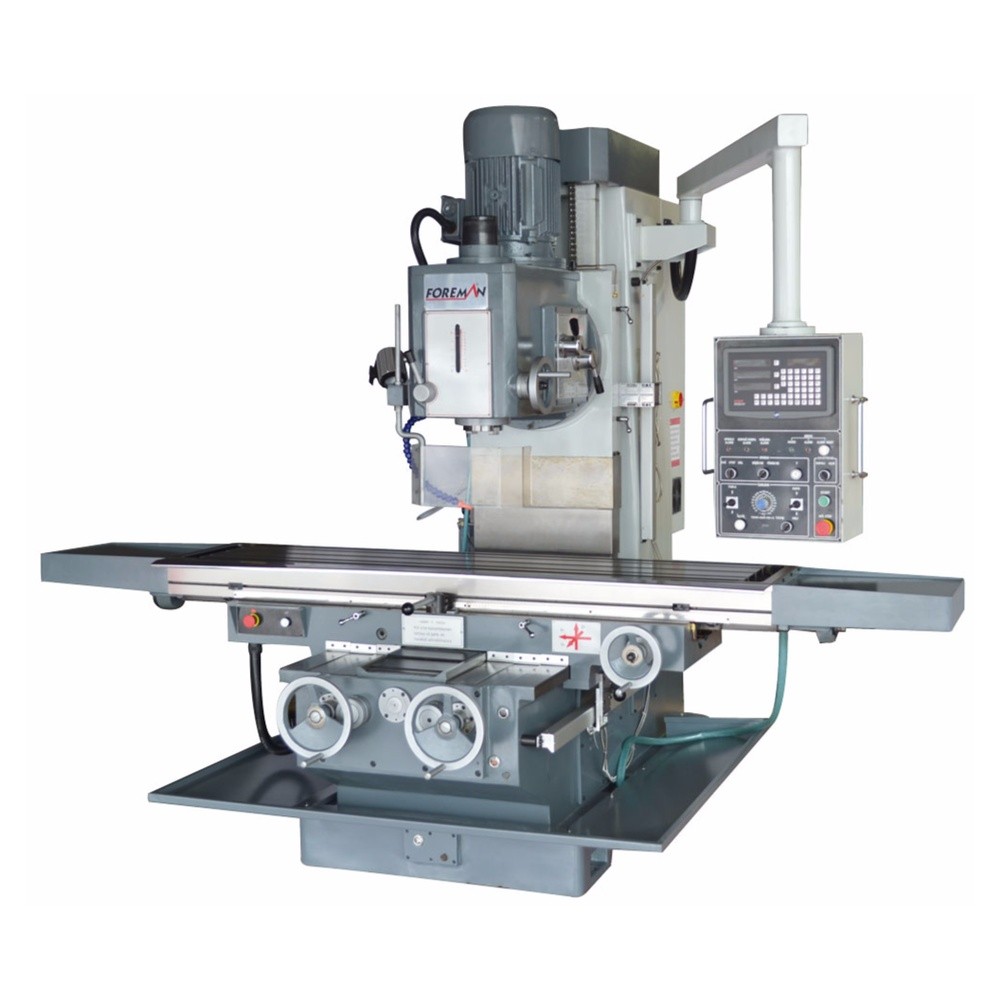
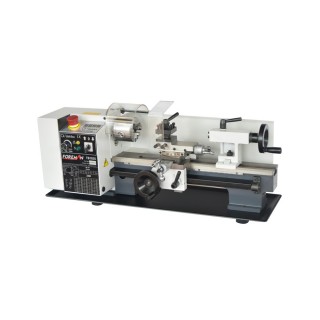
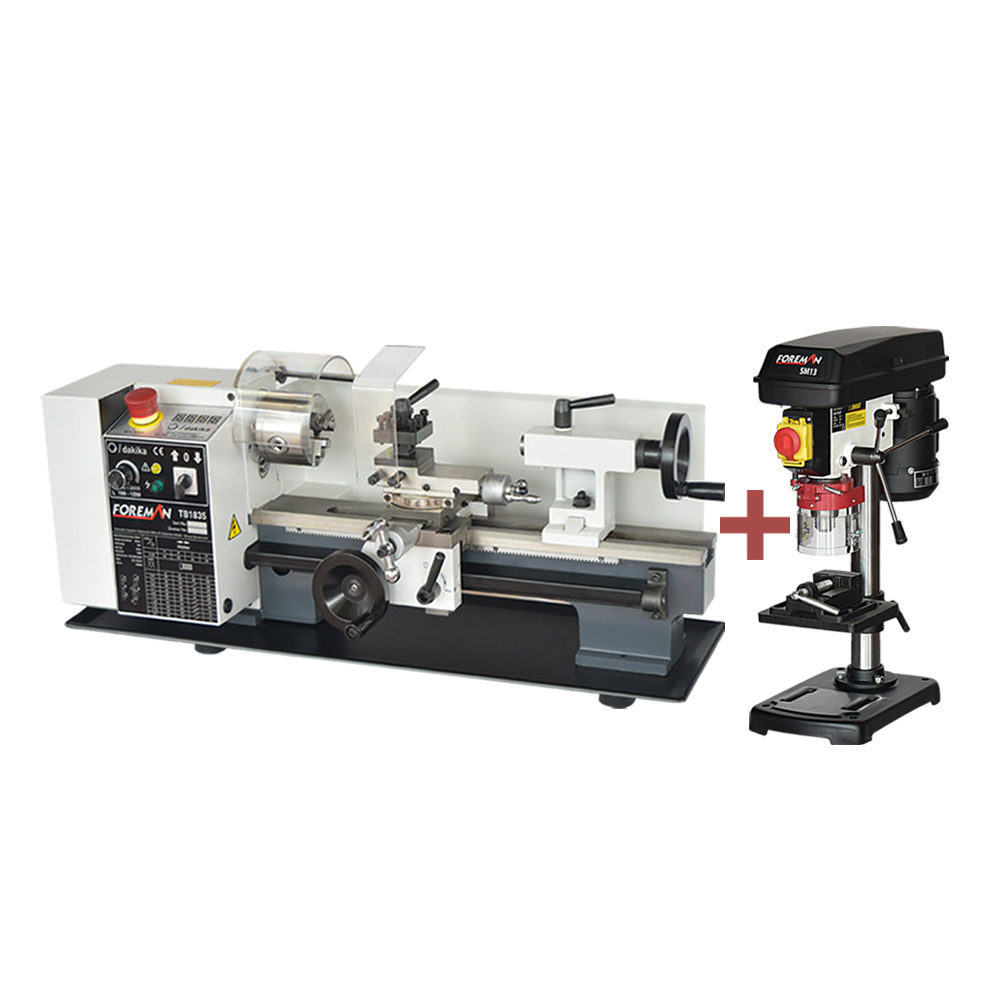
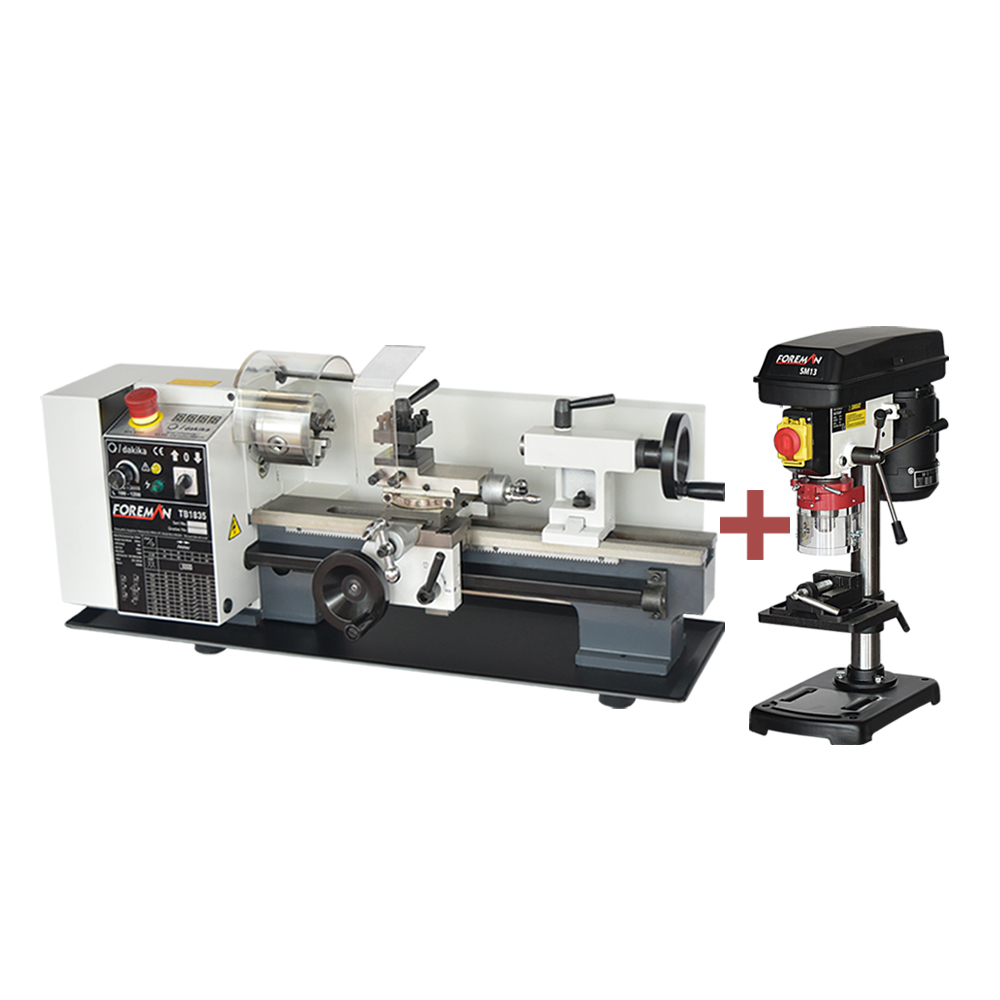
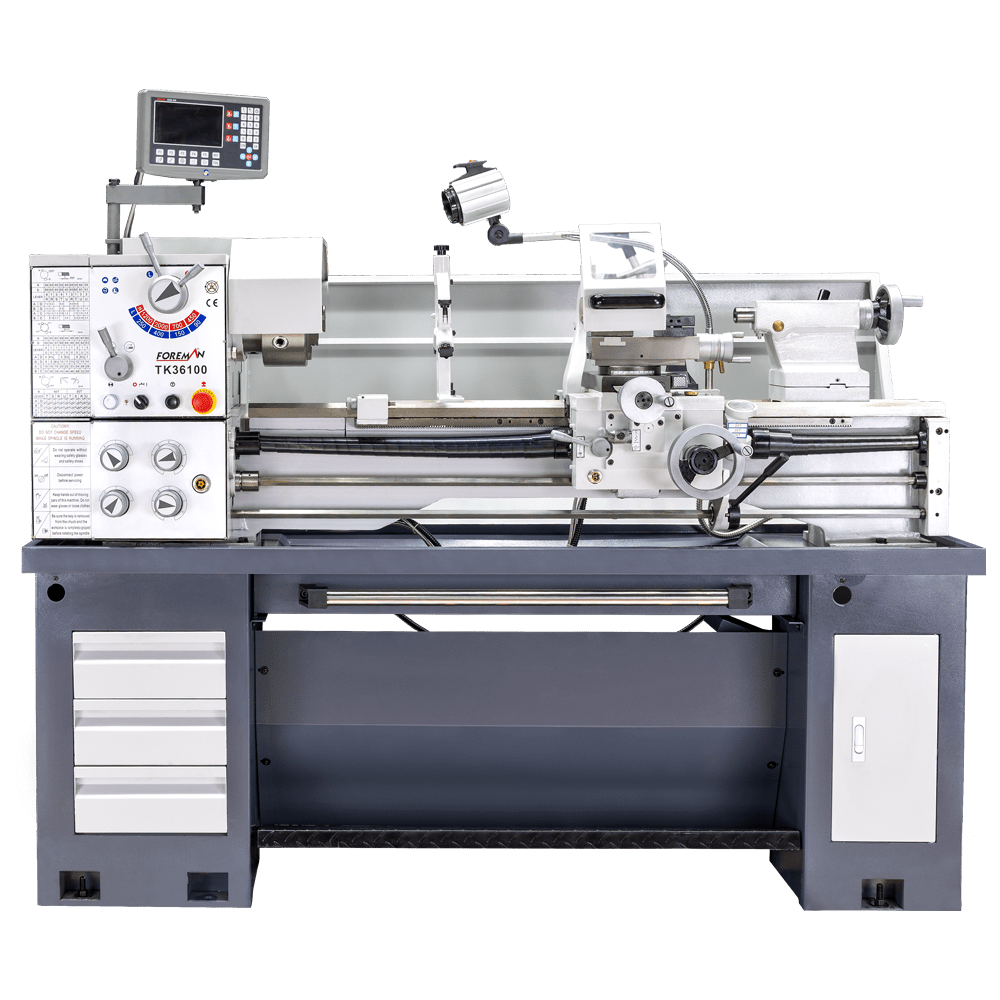
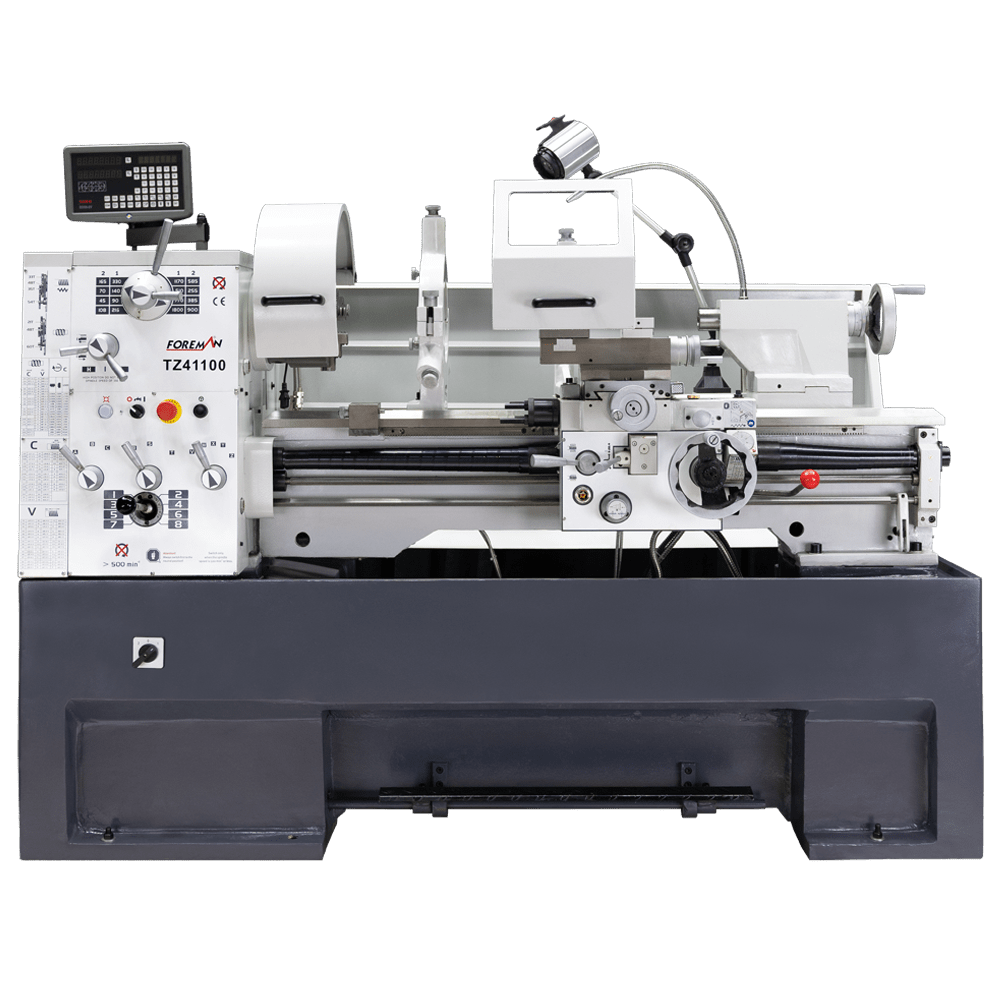
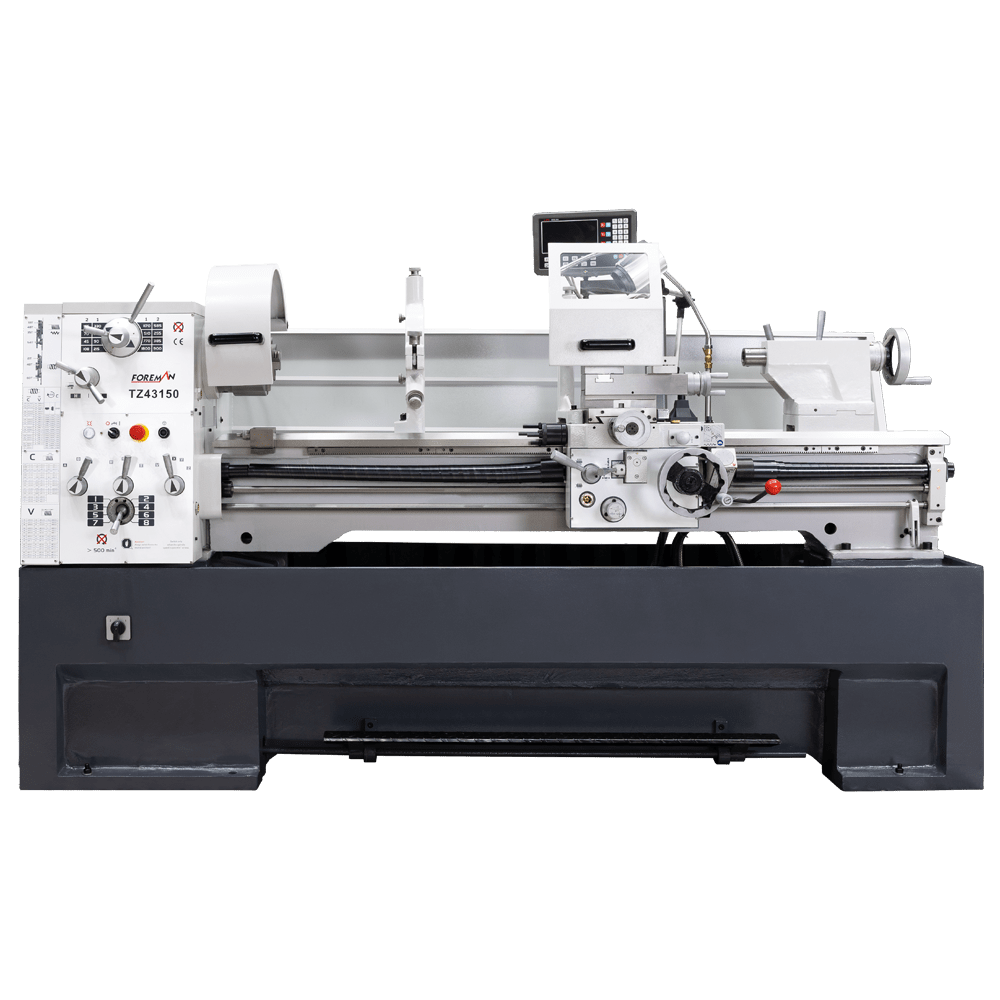
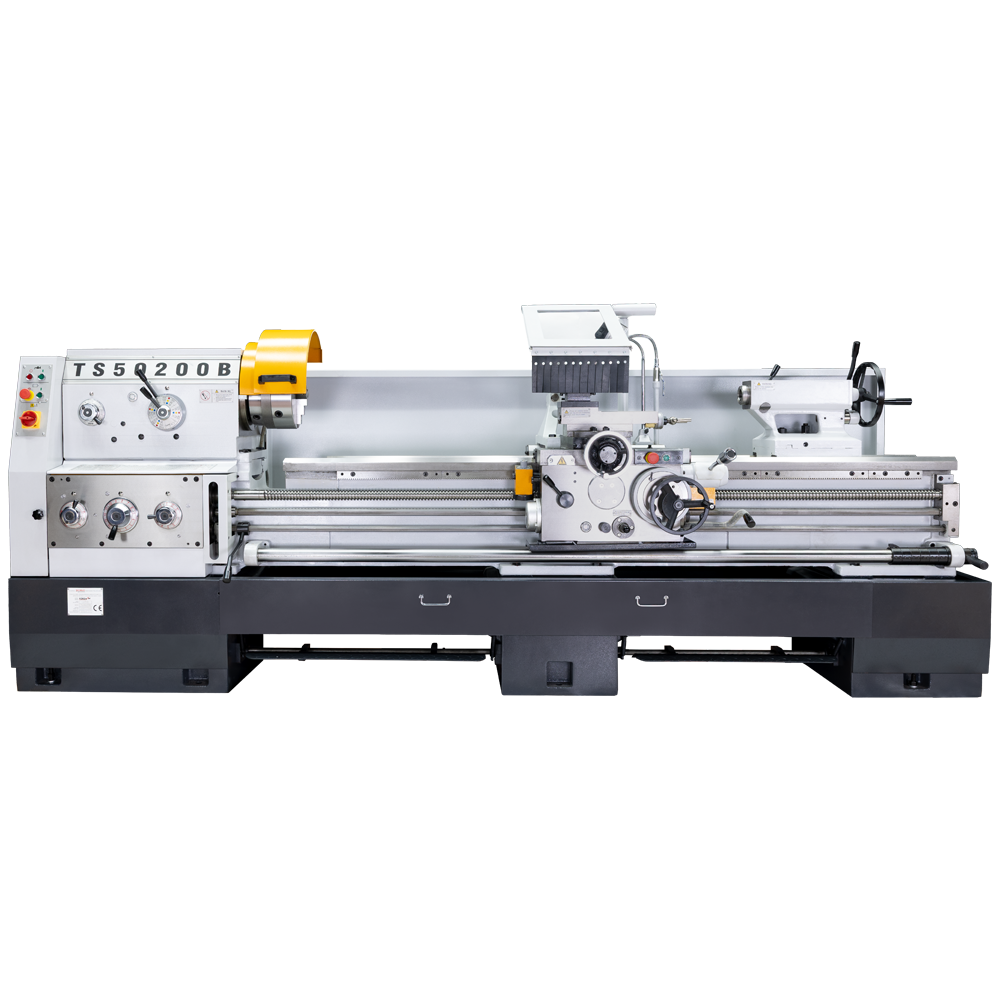
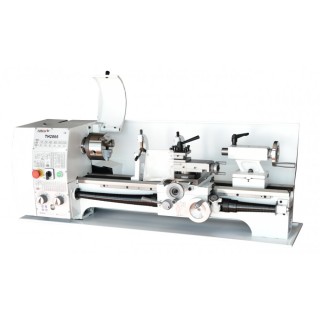
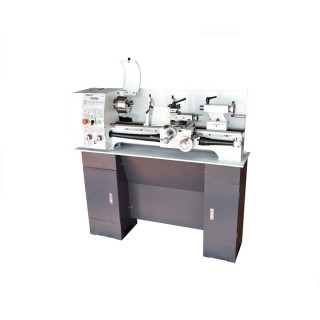
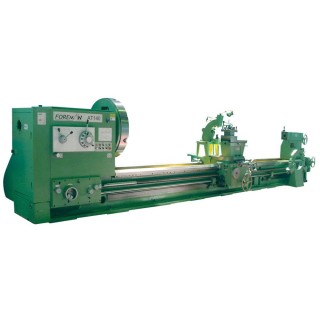
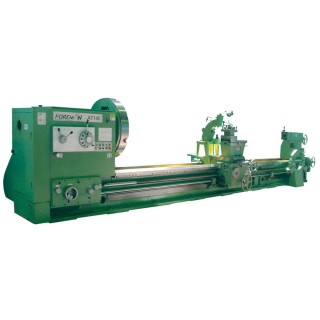
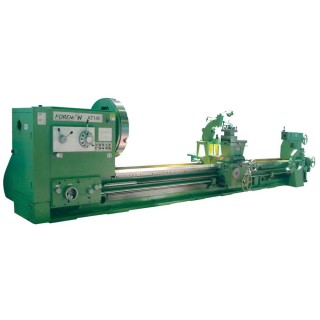
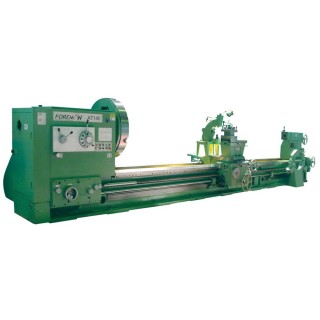
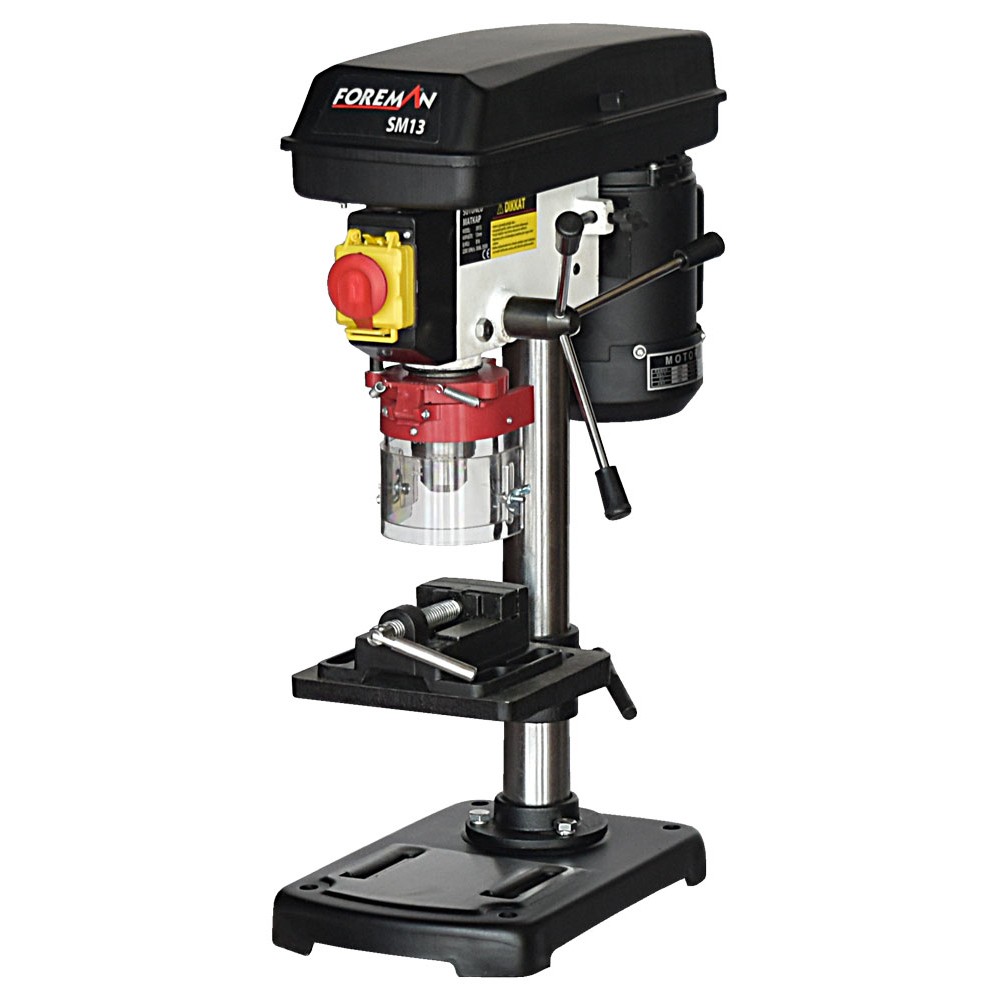
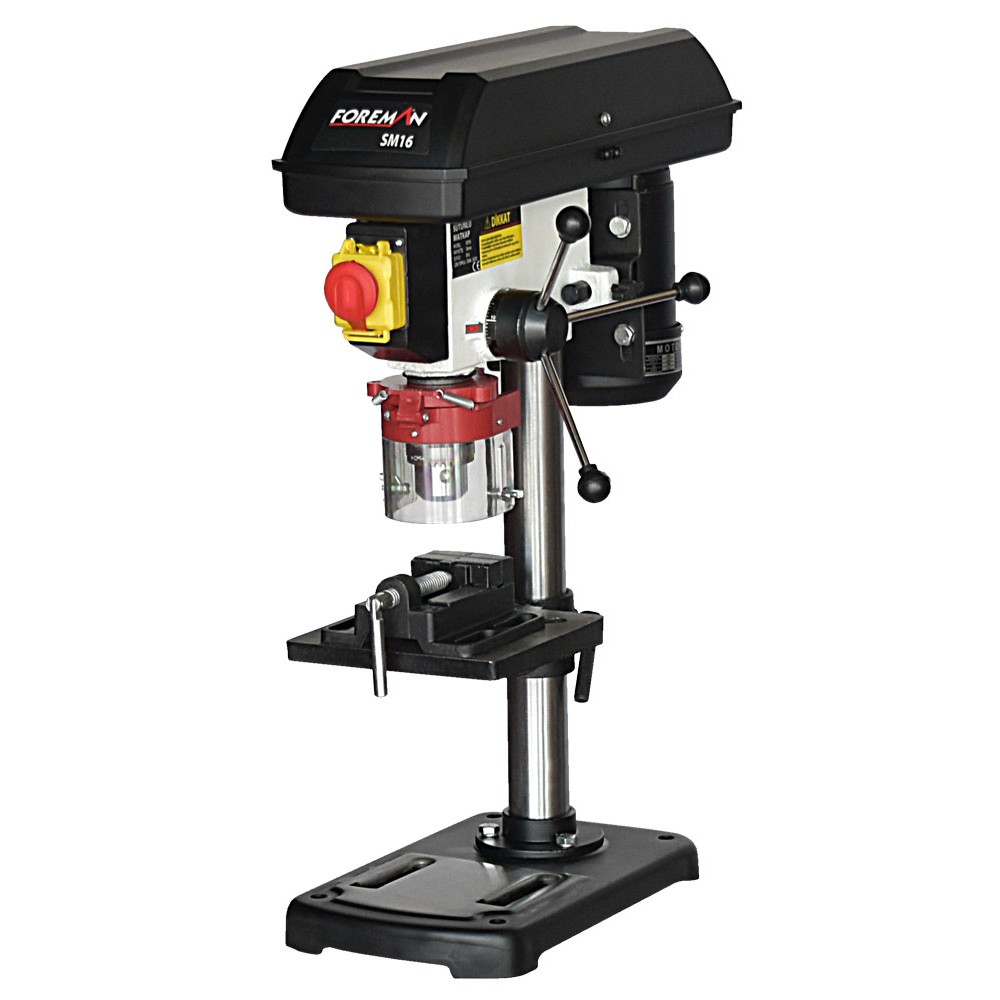
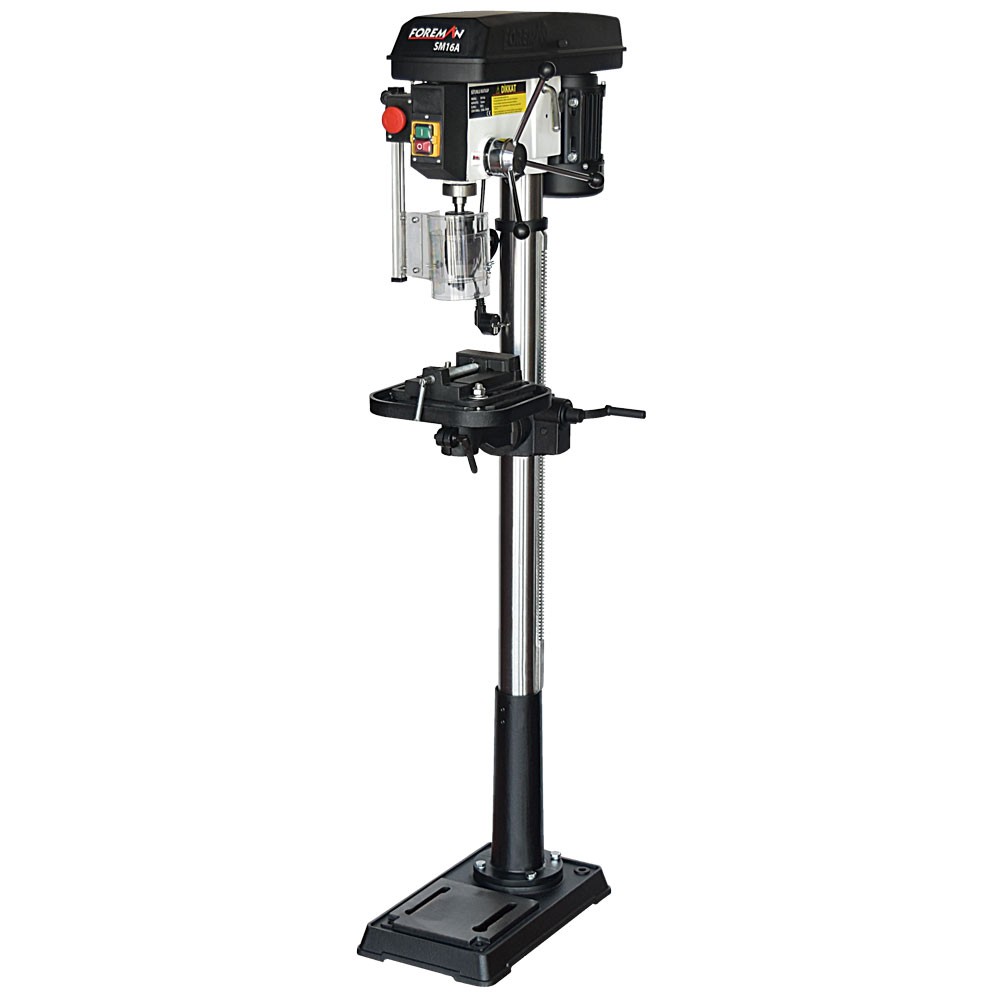
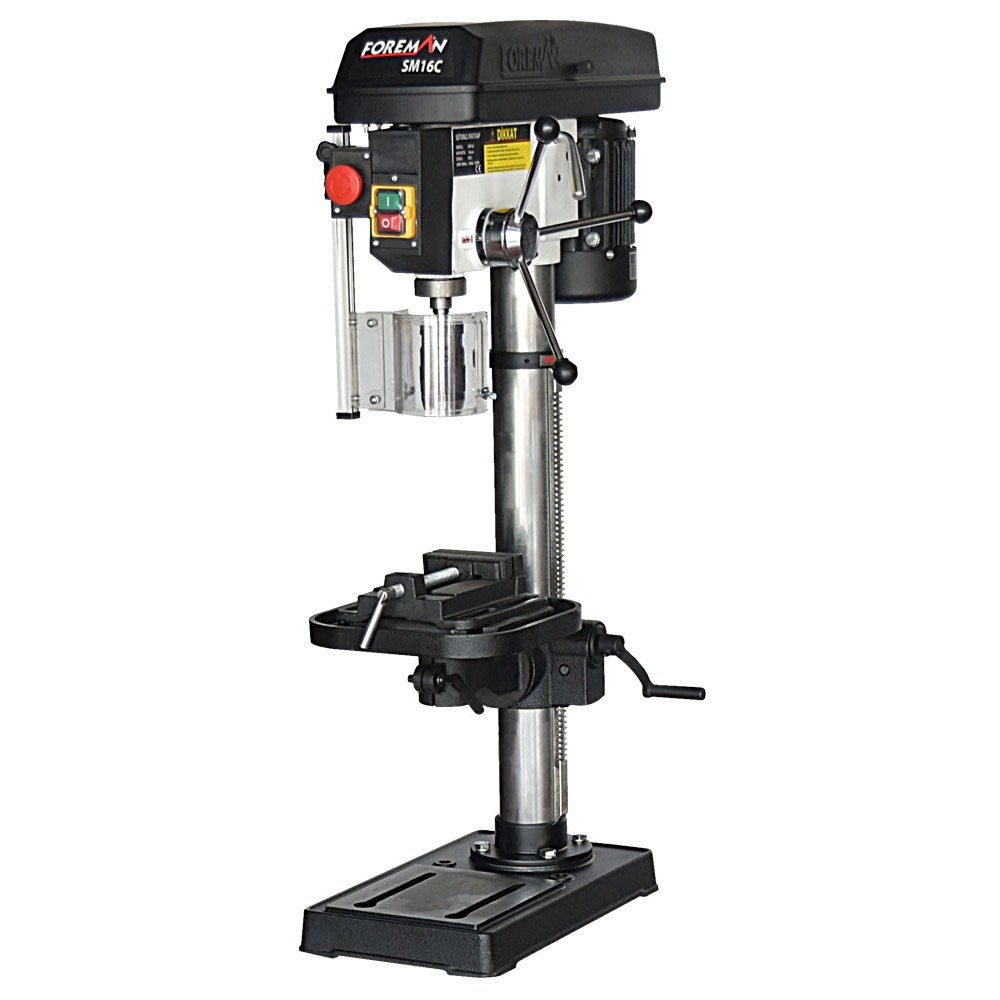
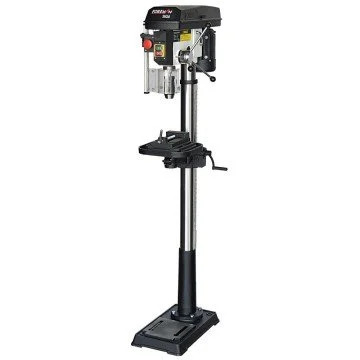
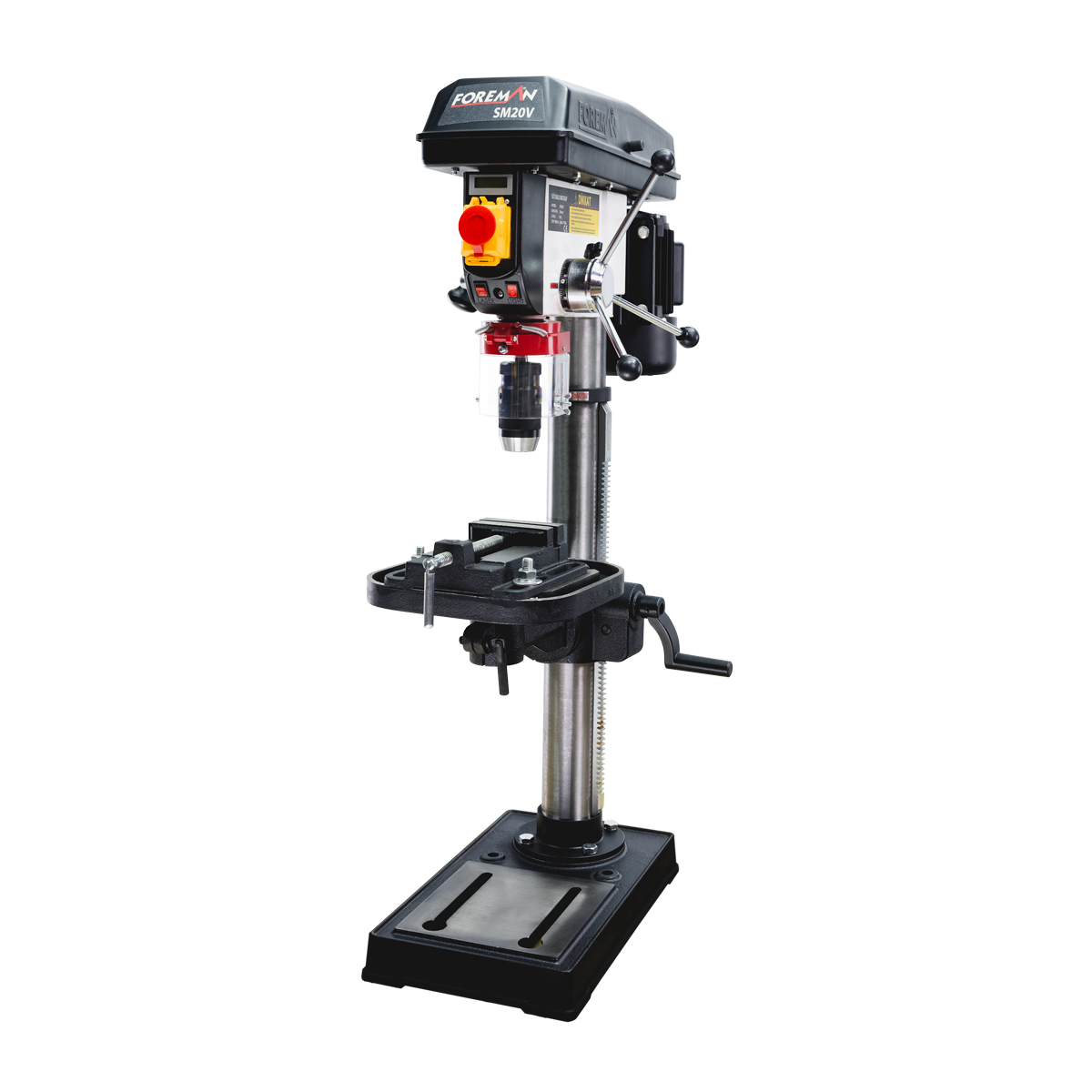
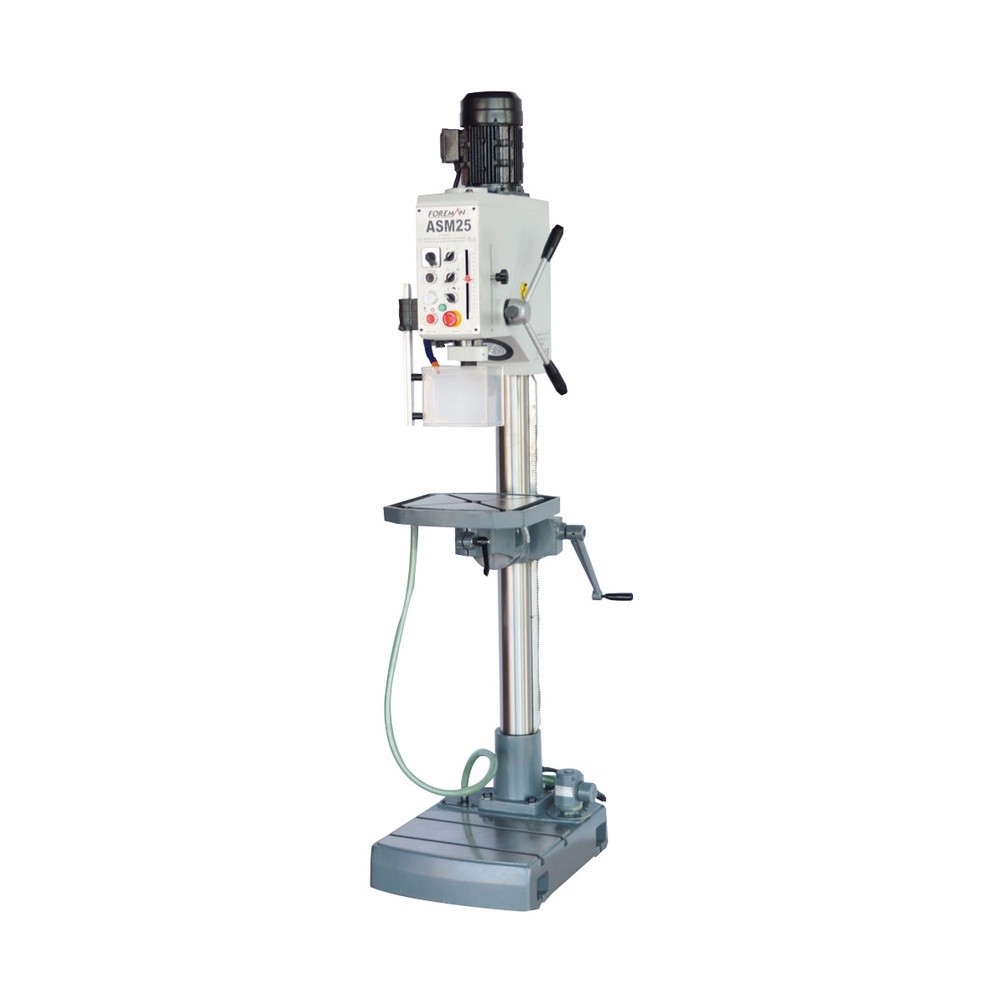
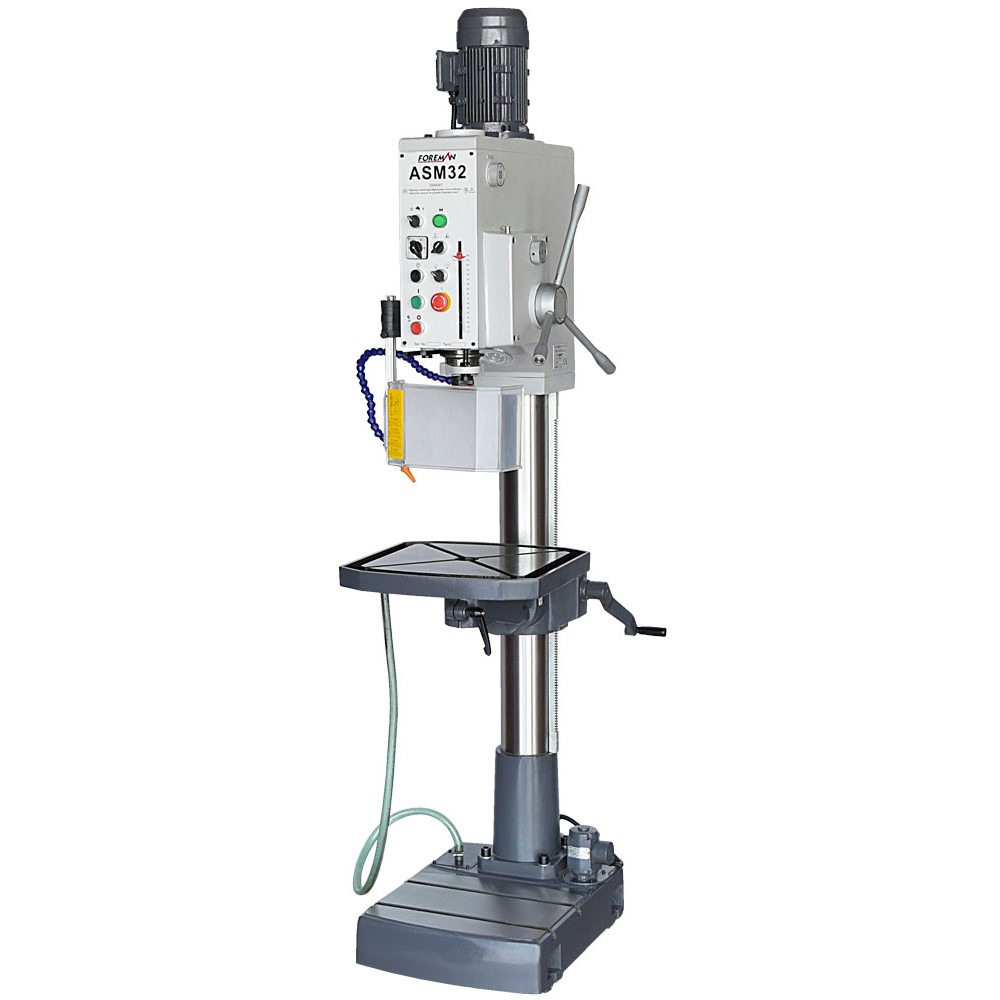
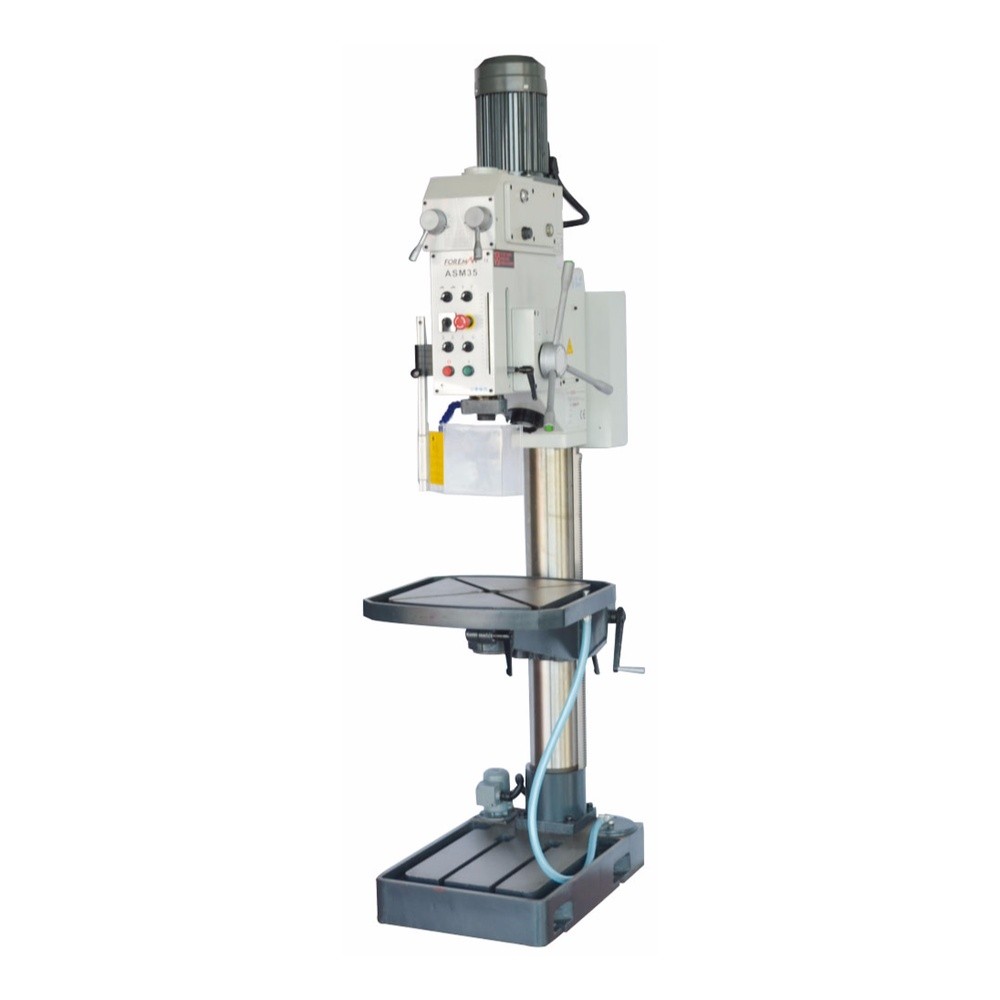
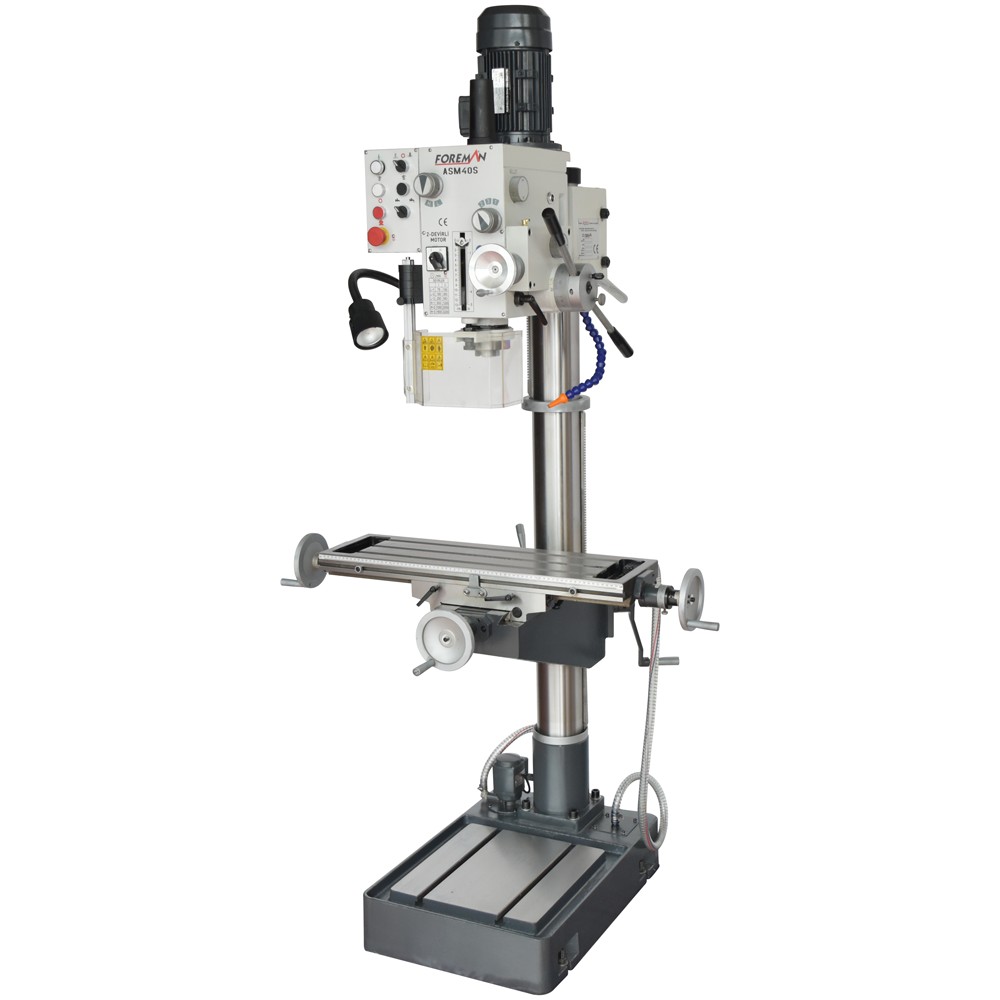
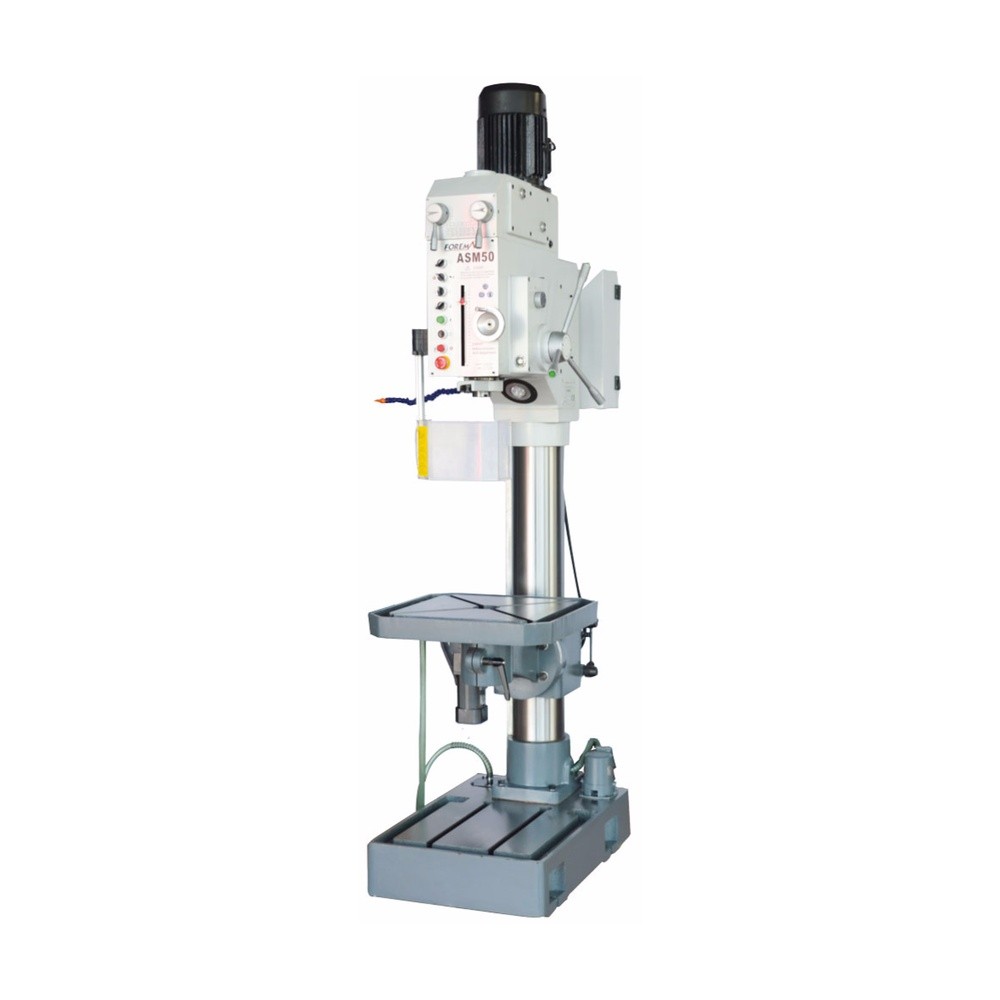
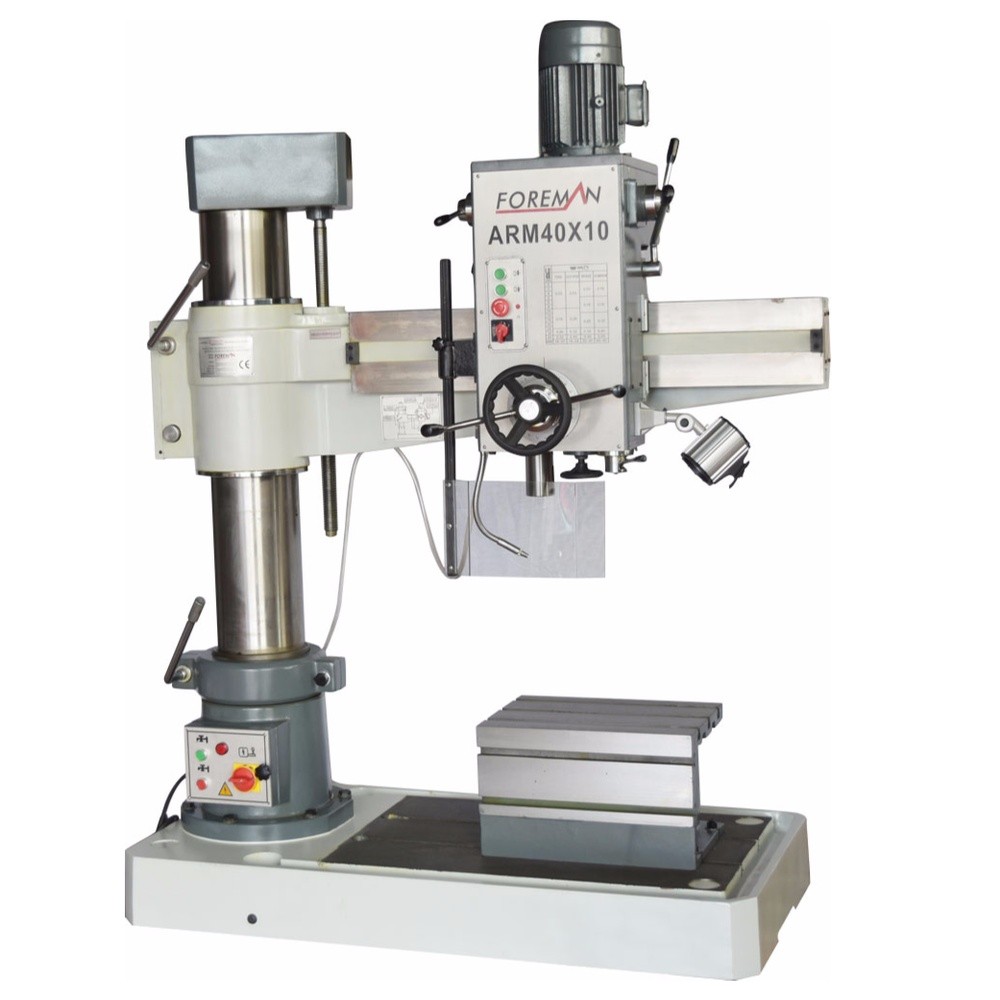
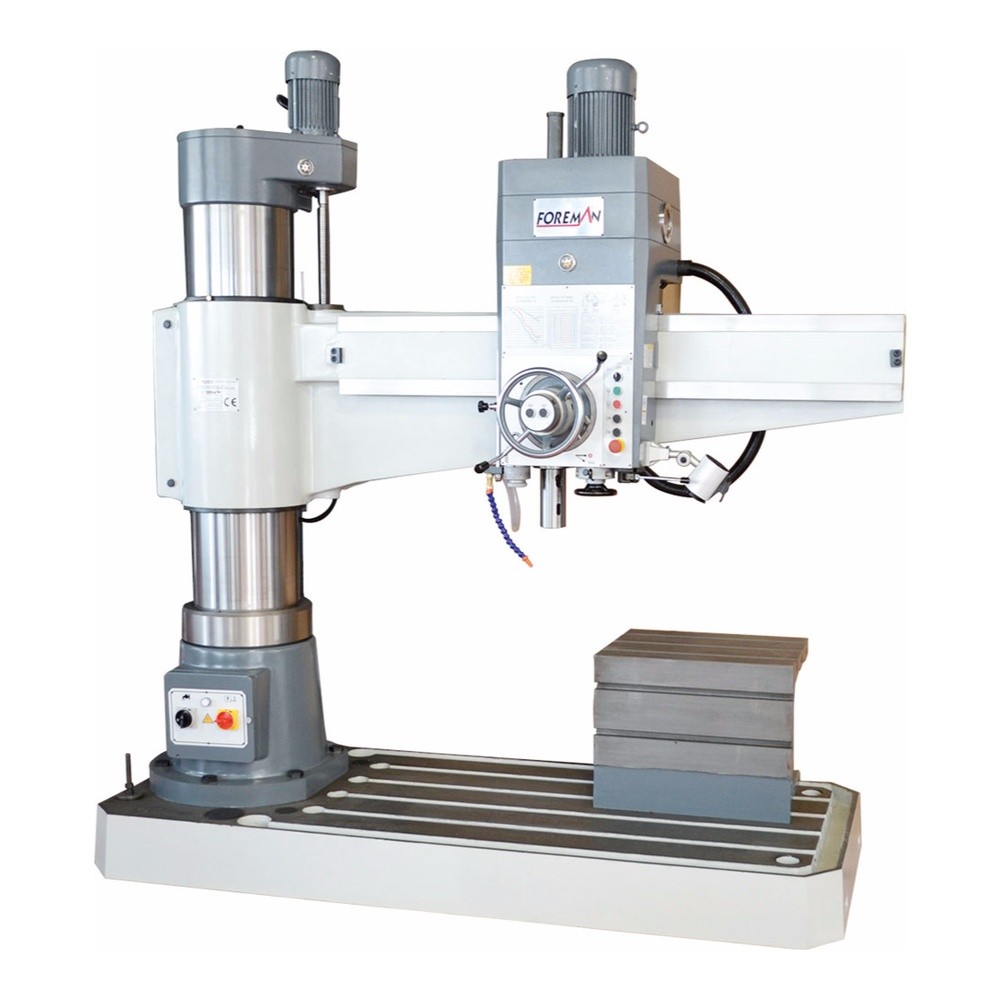
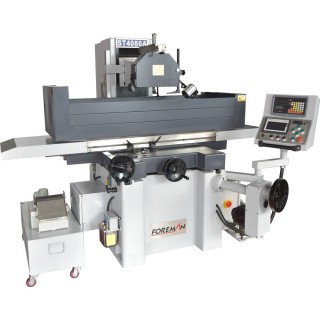
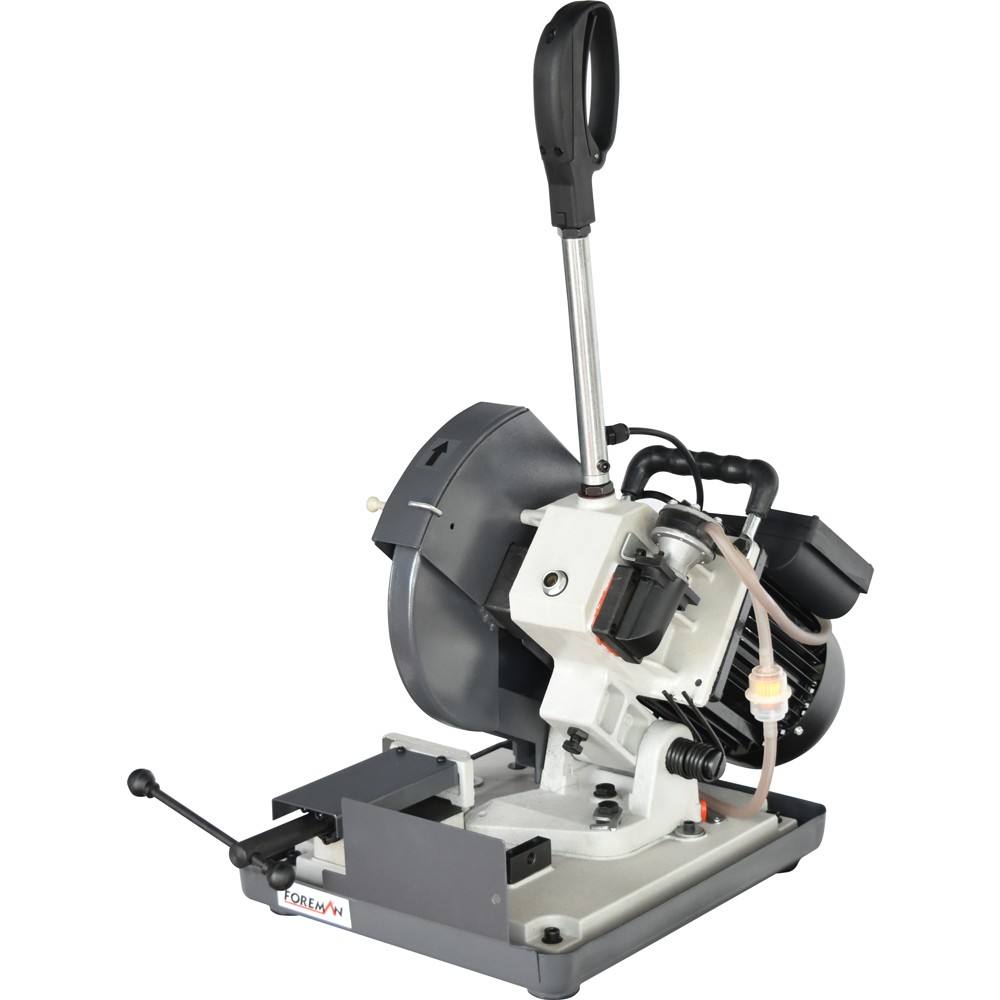
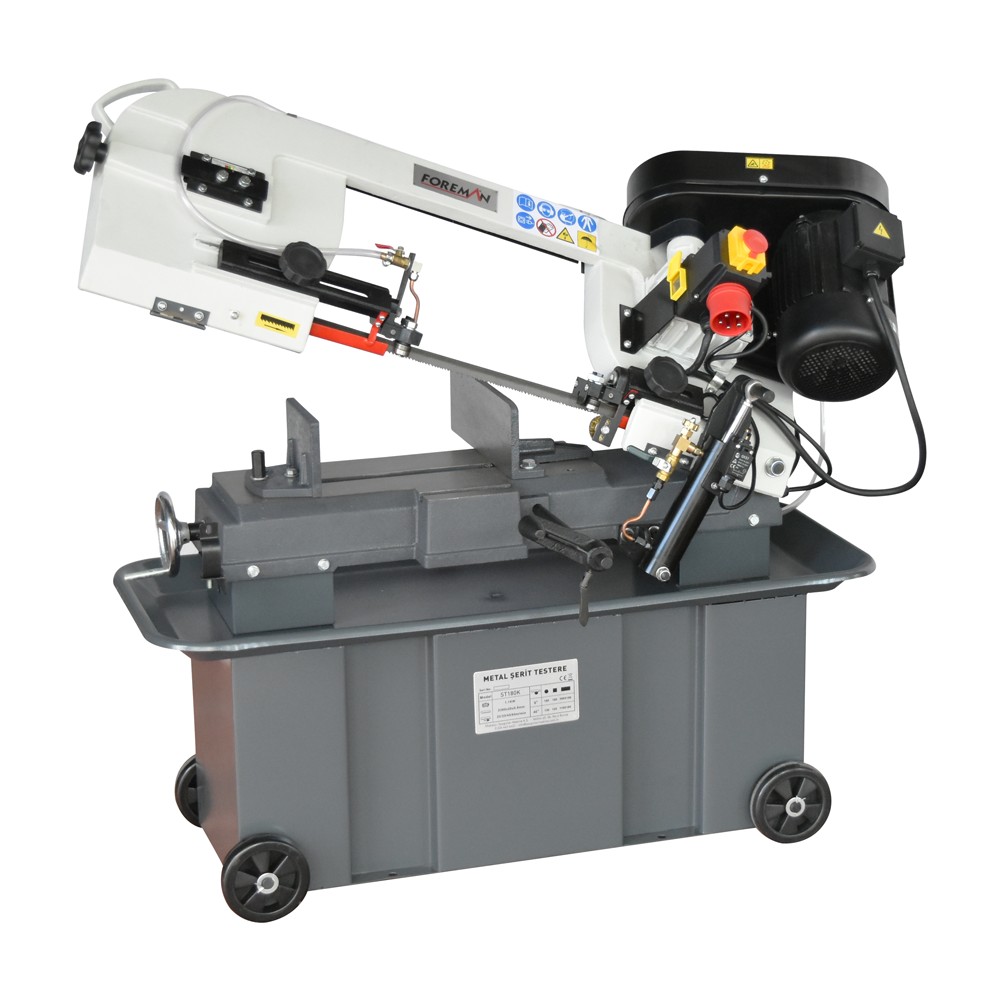
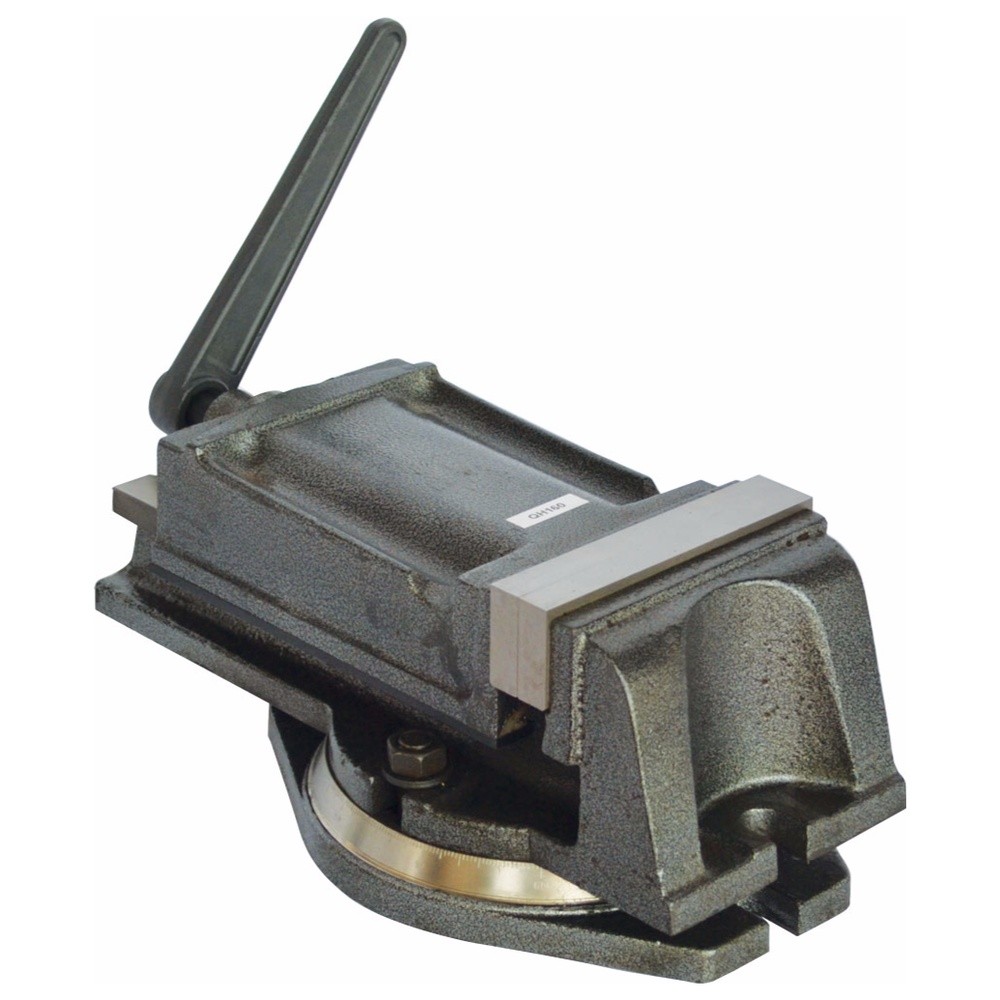
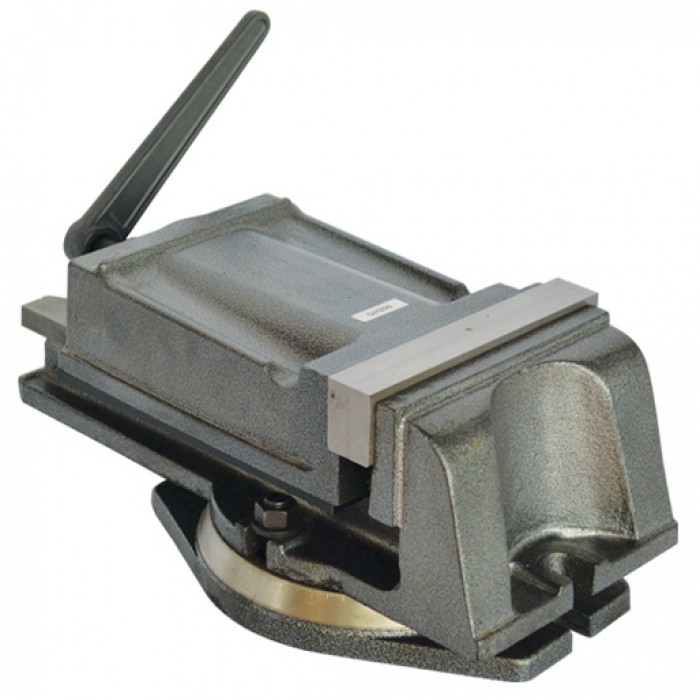
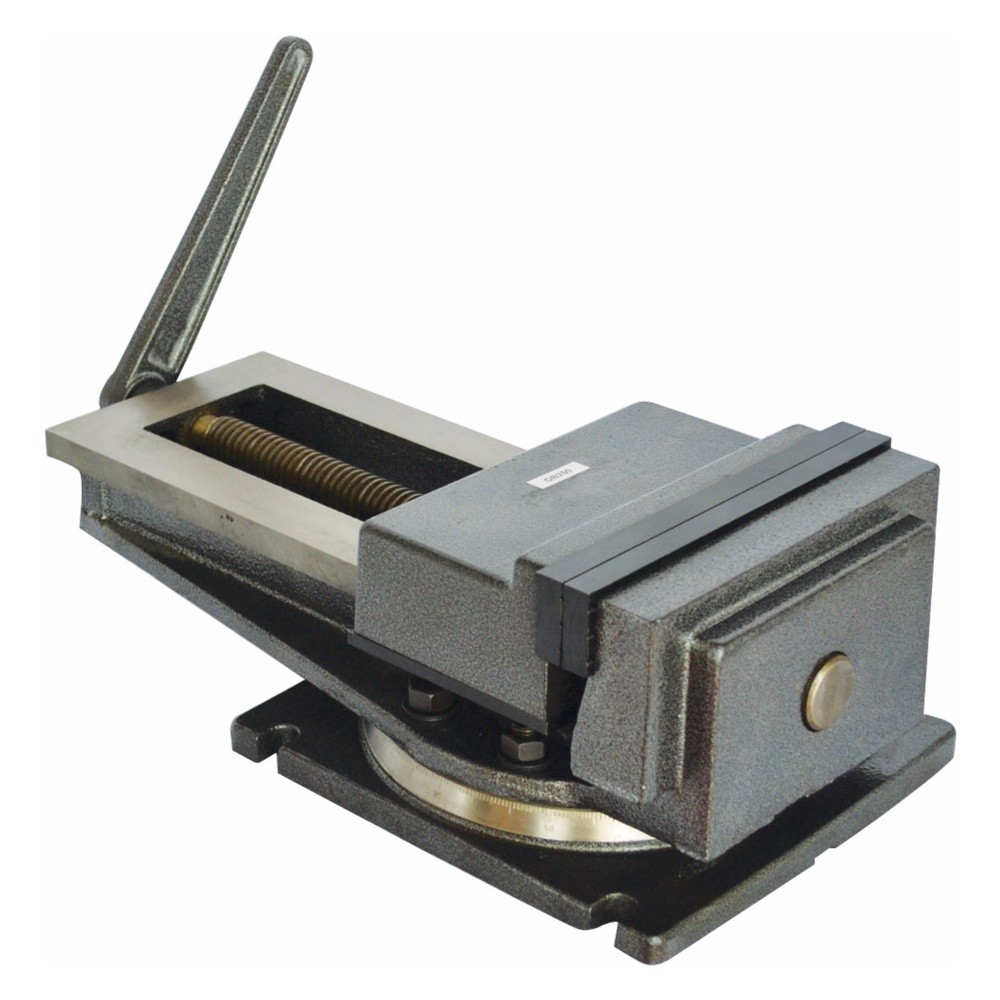
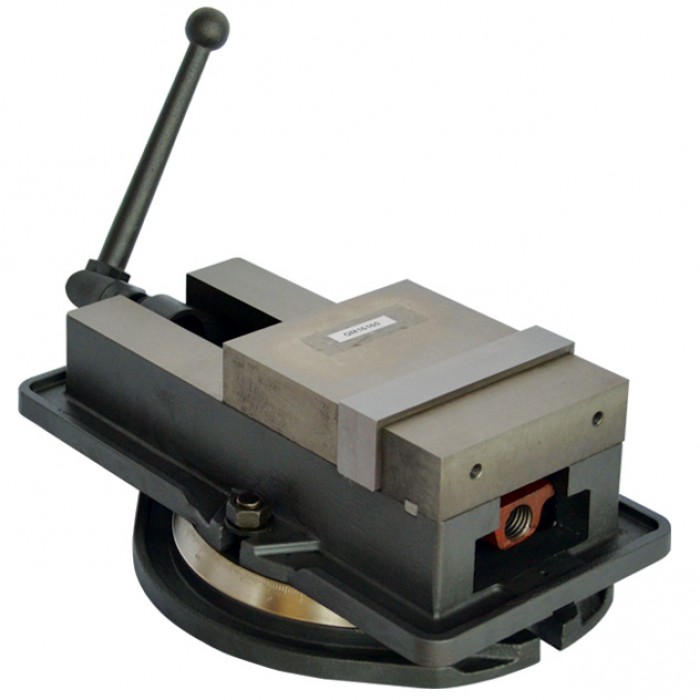
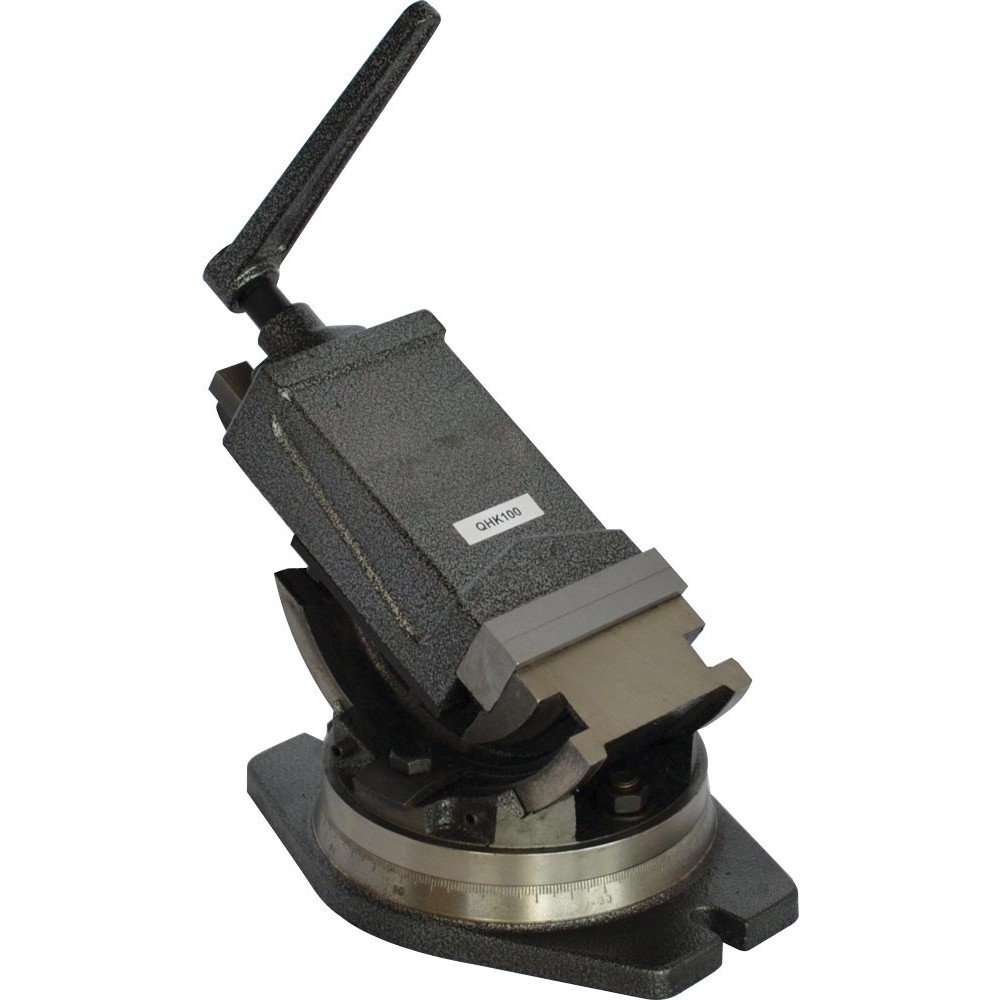
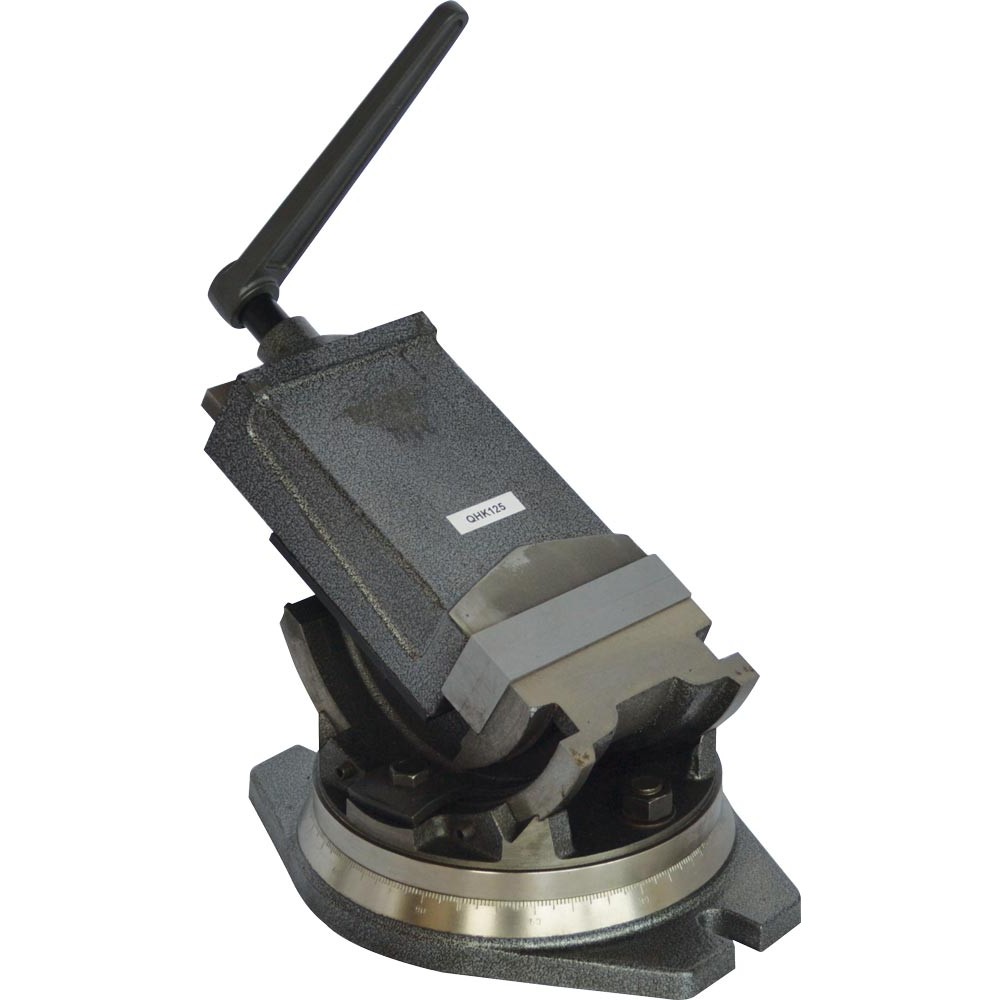
_zkmmzopp1k.jpg)
